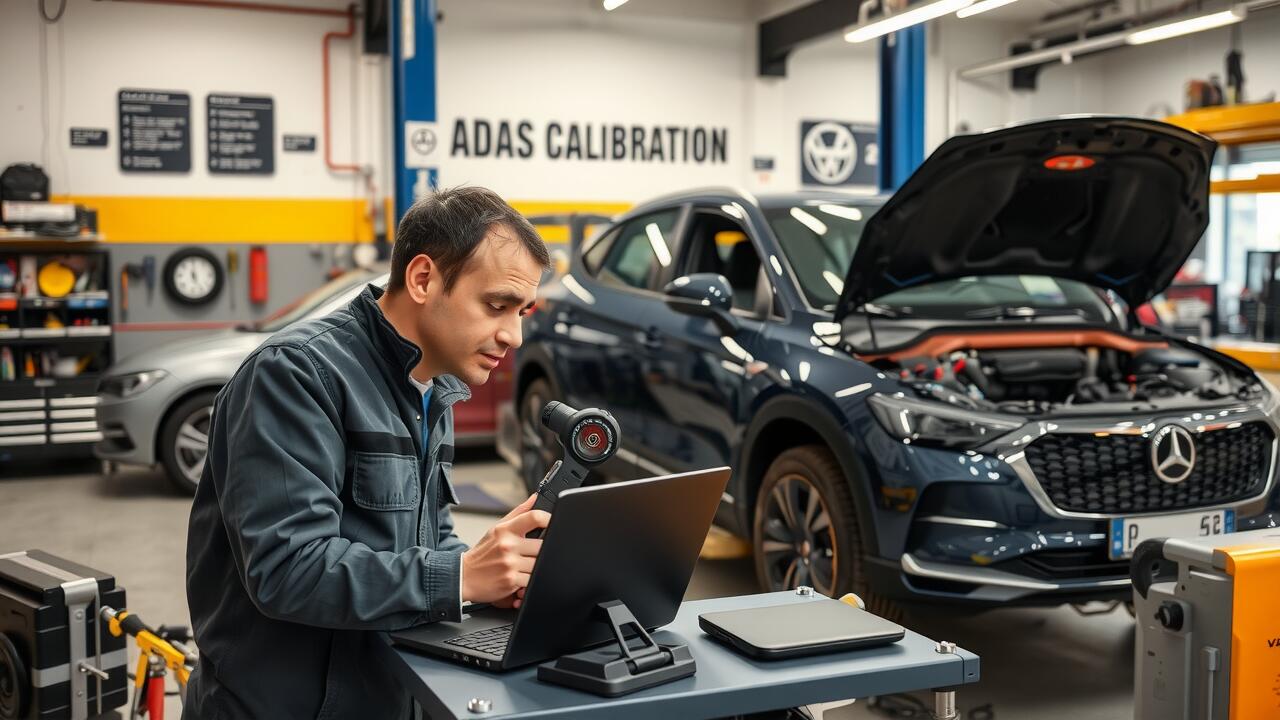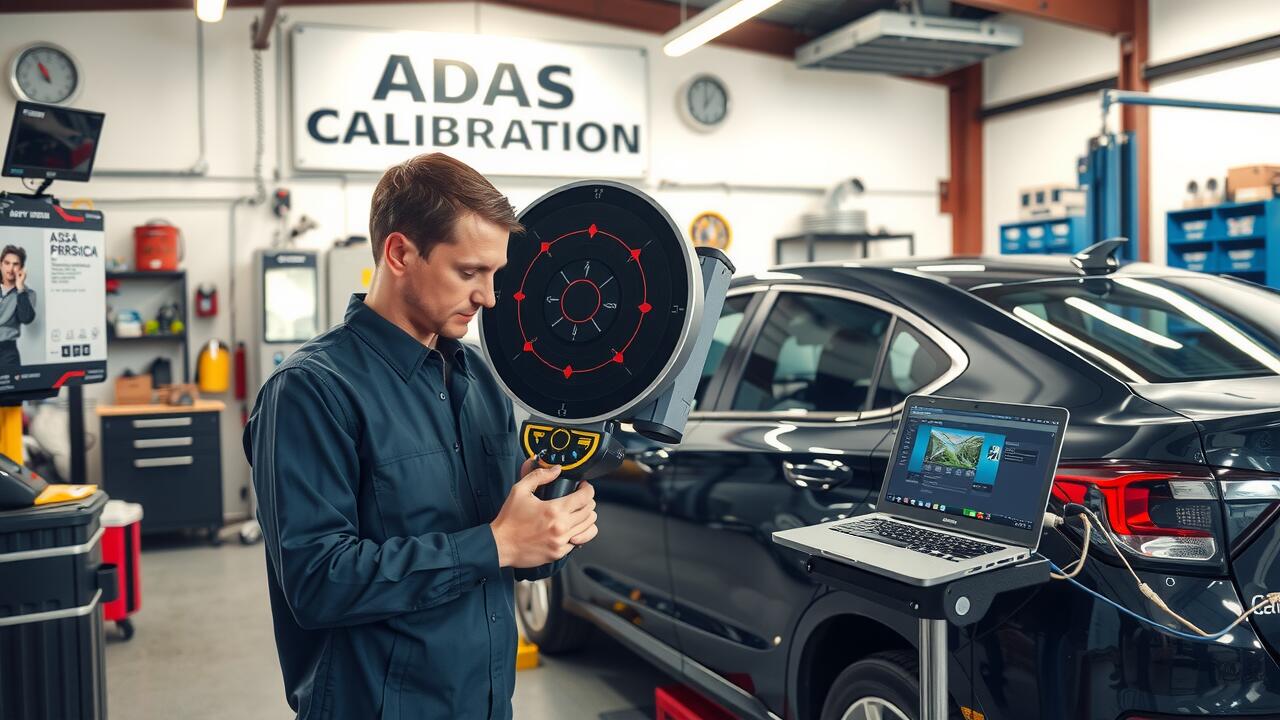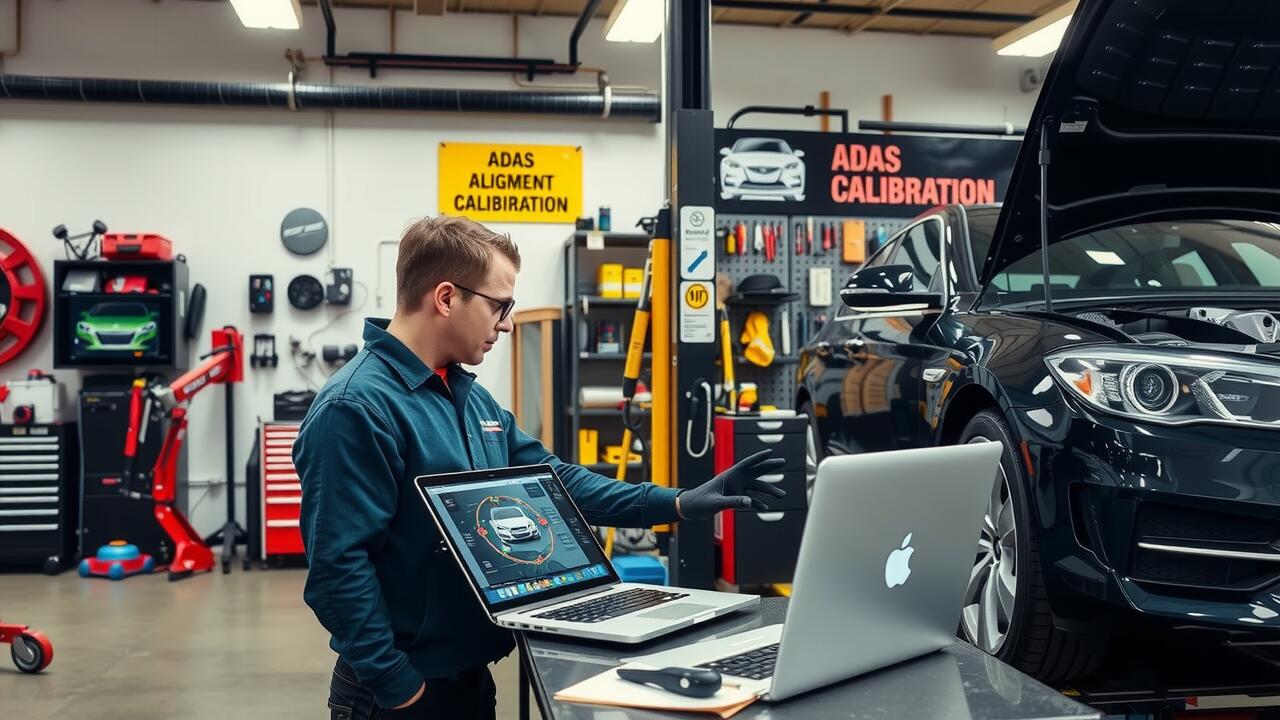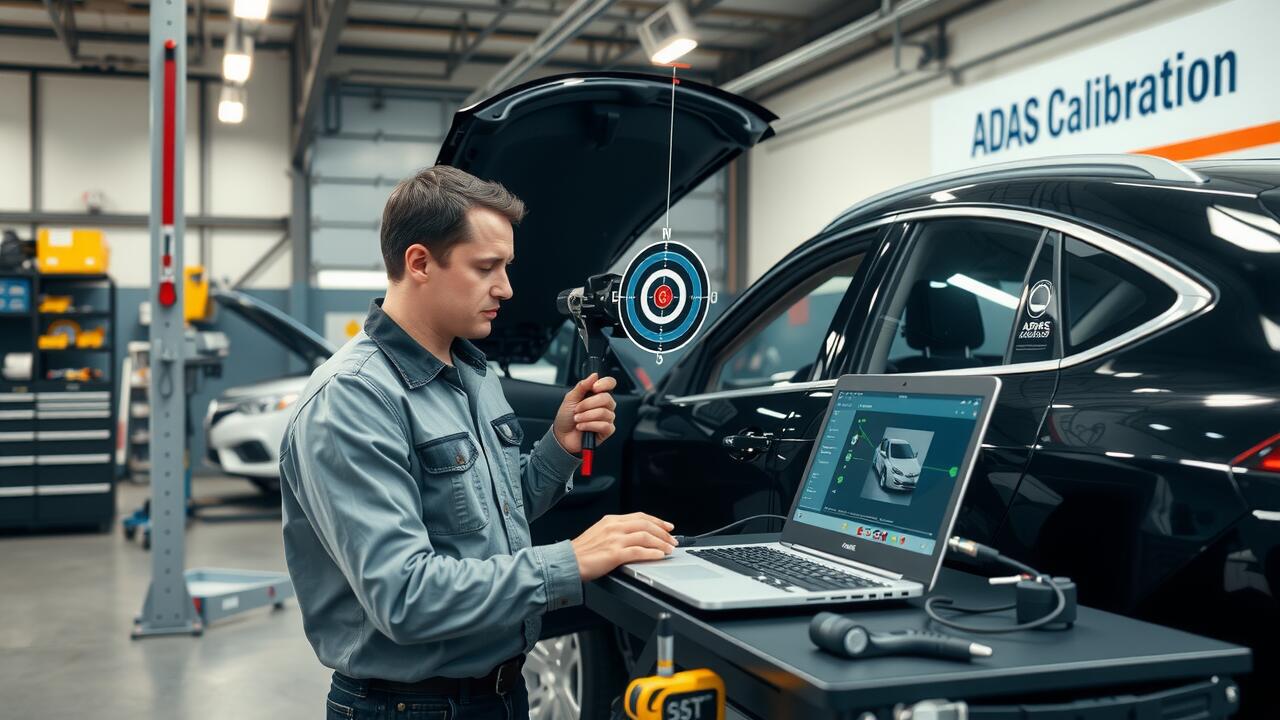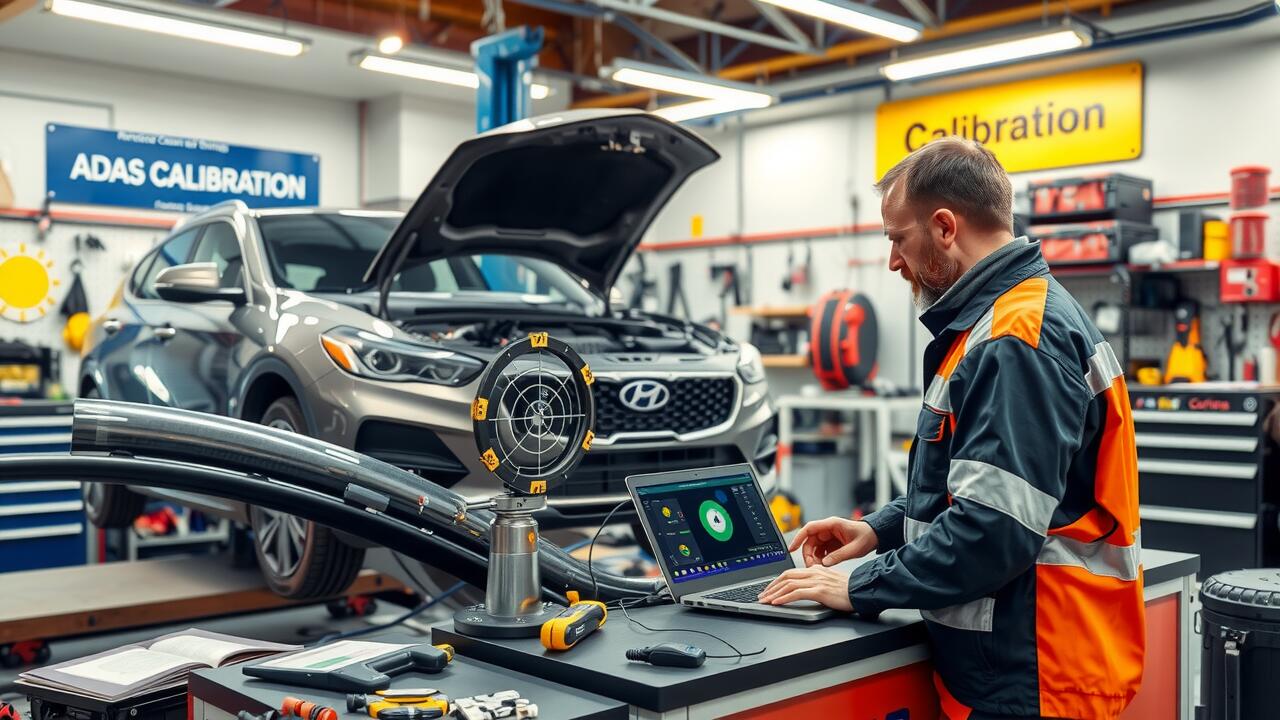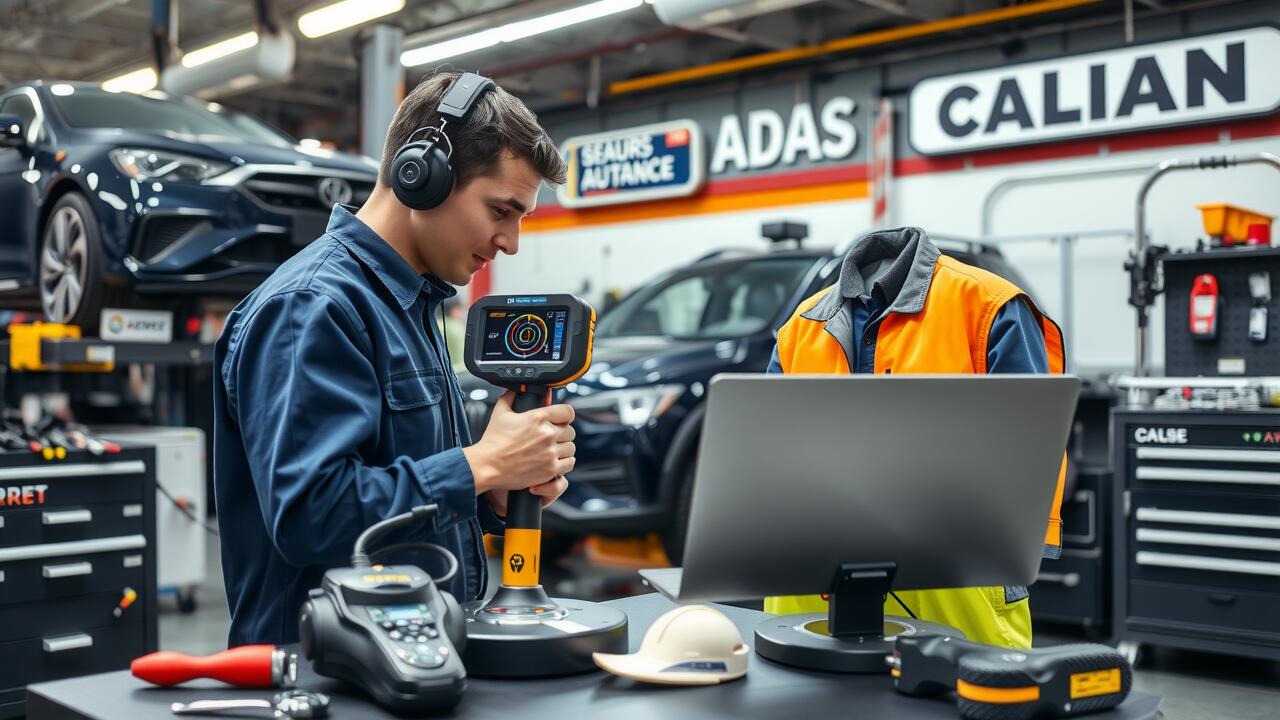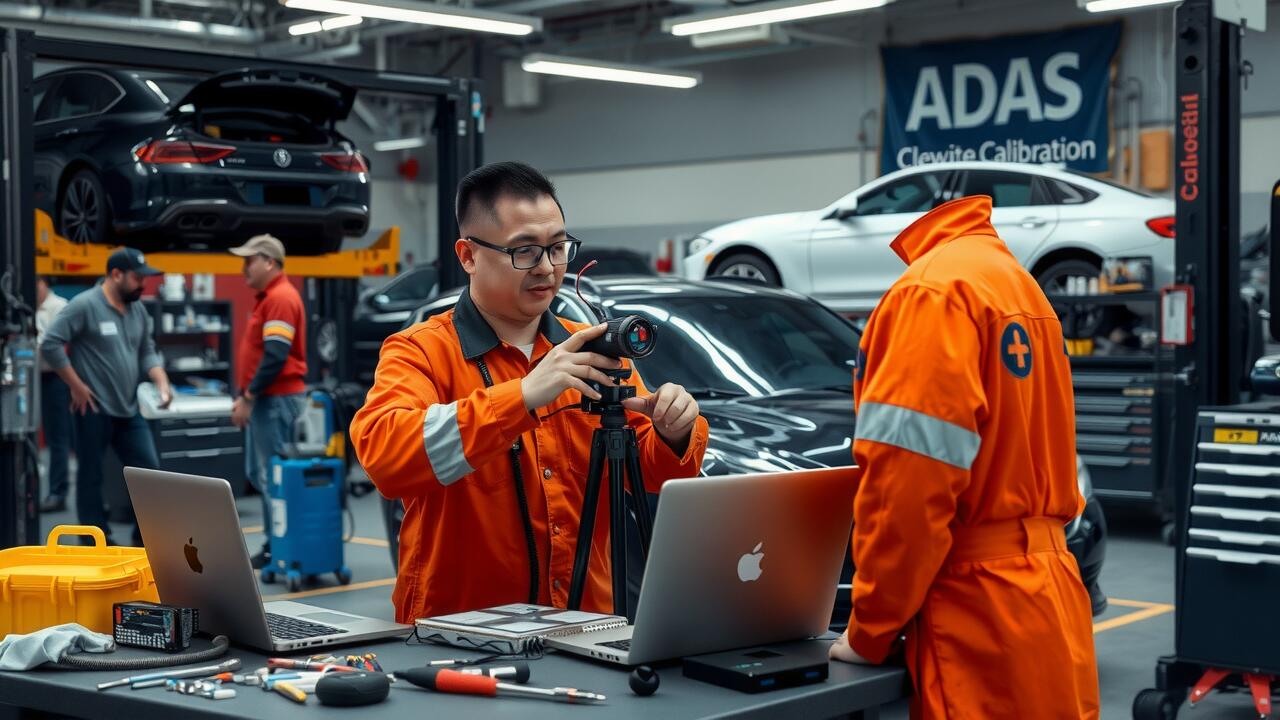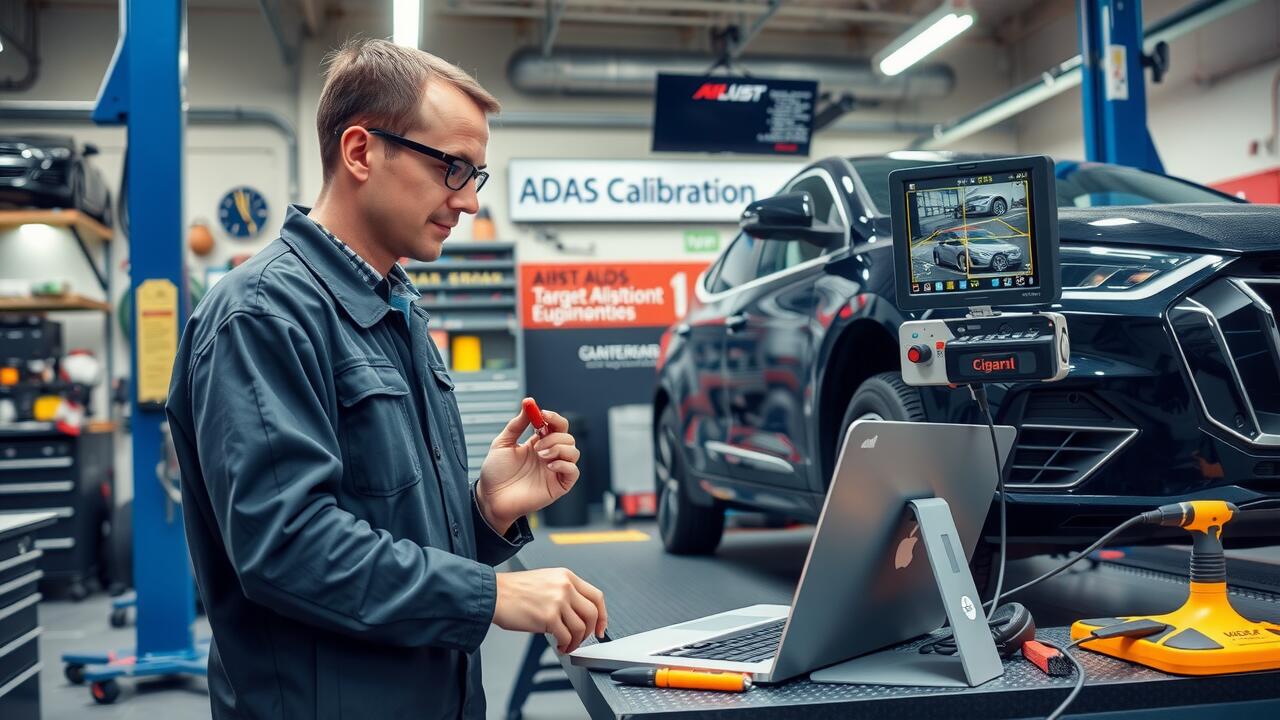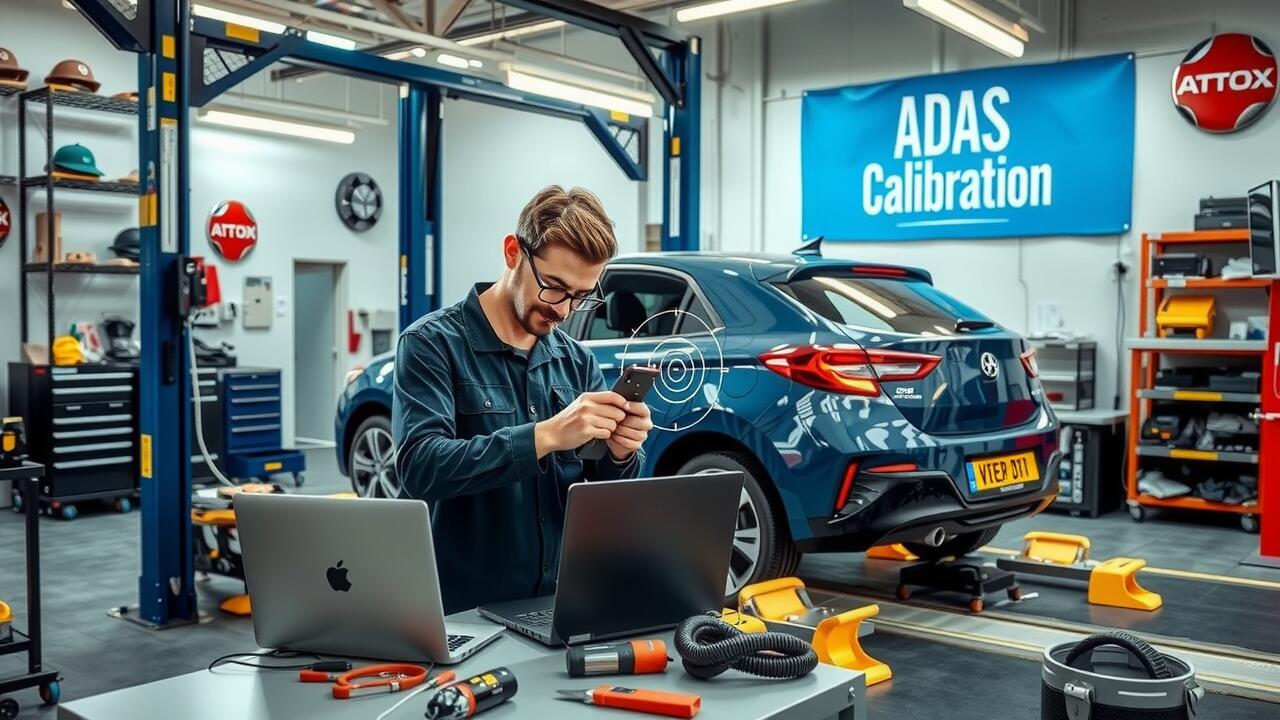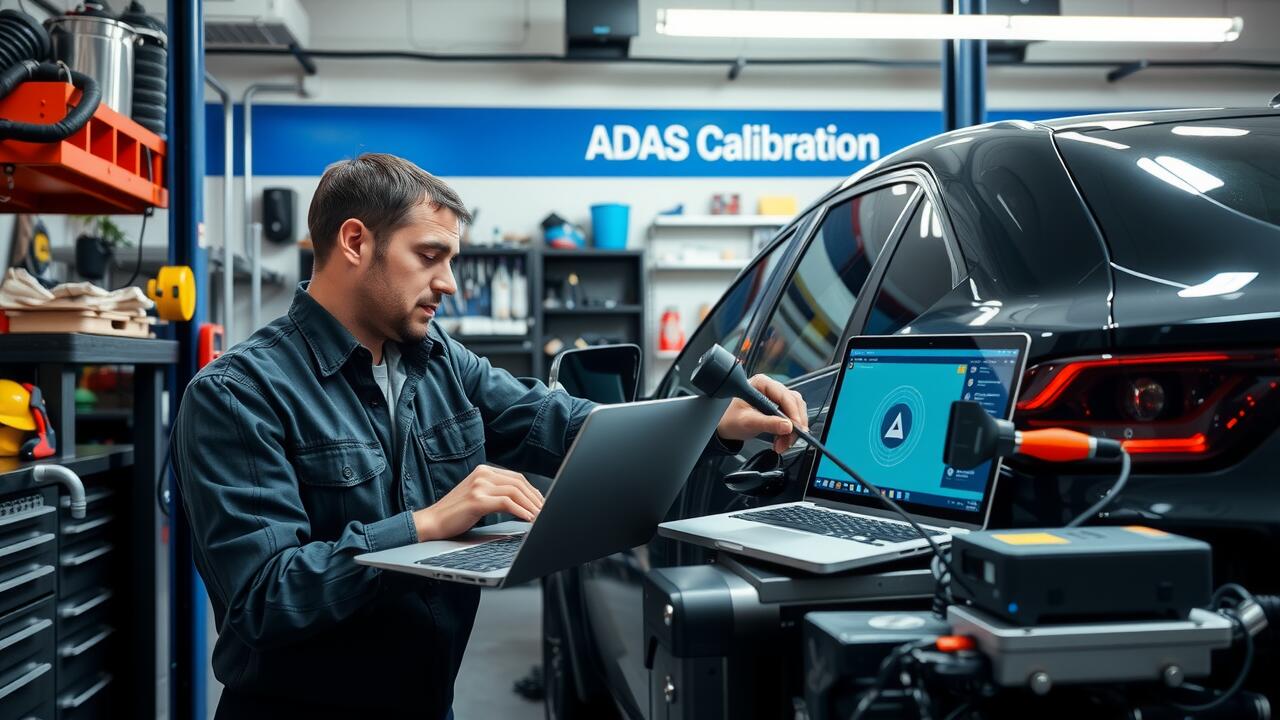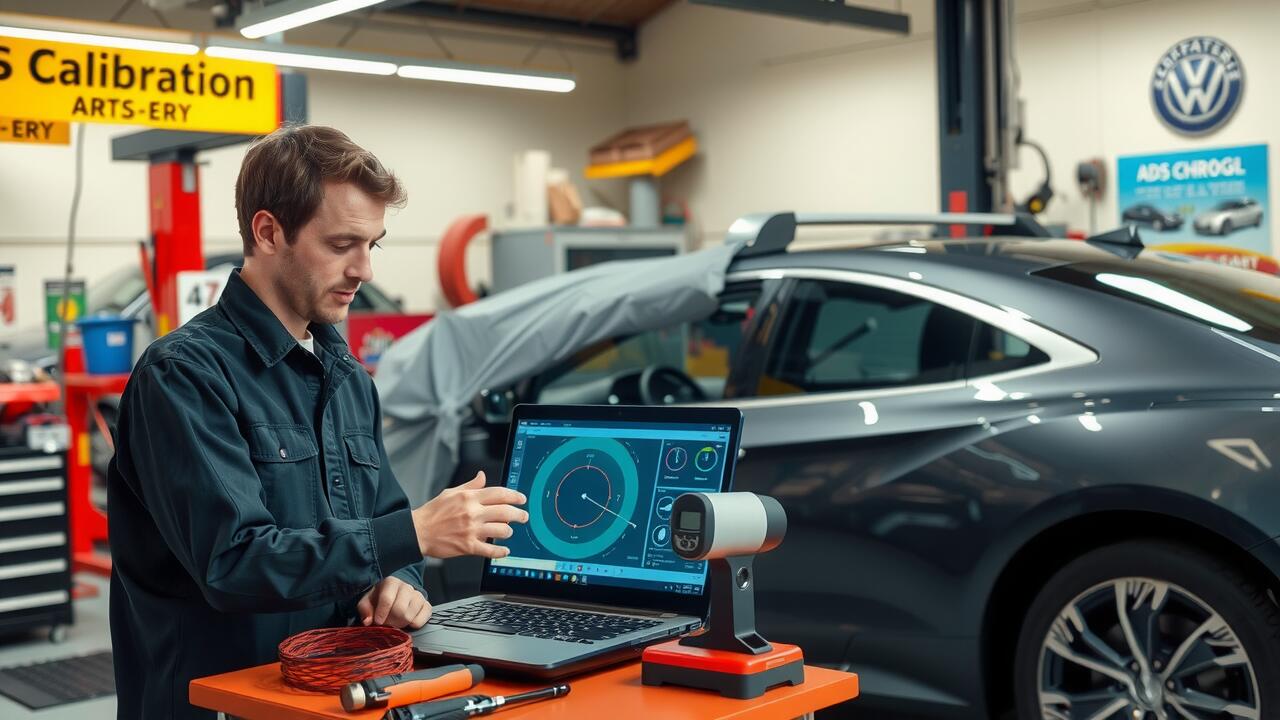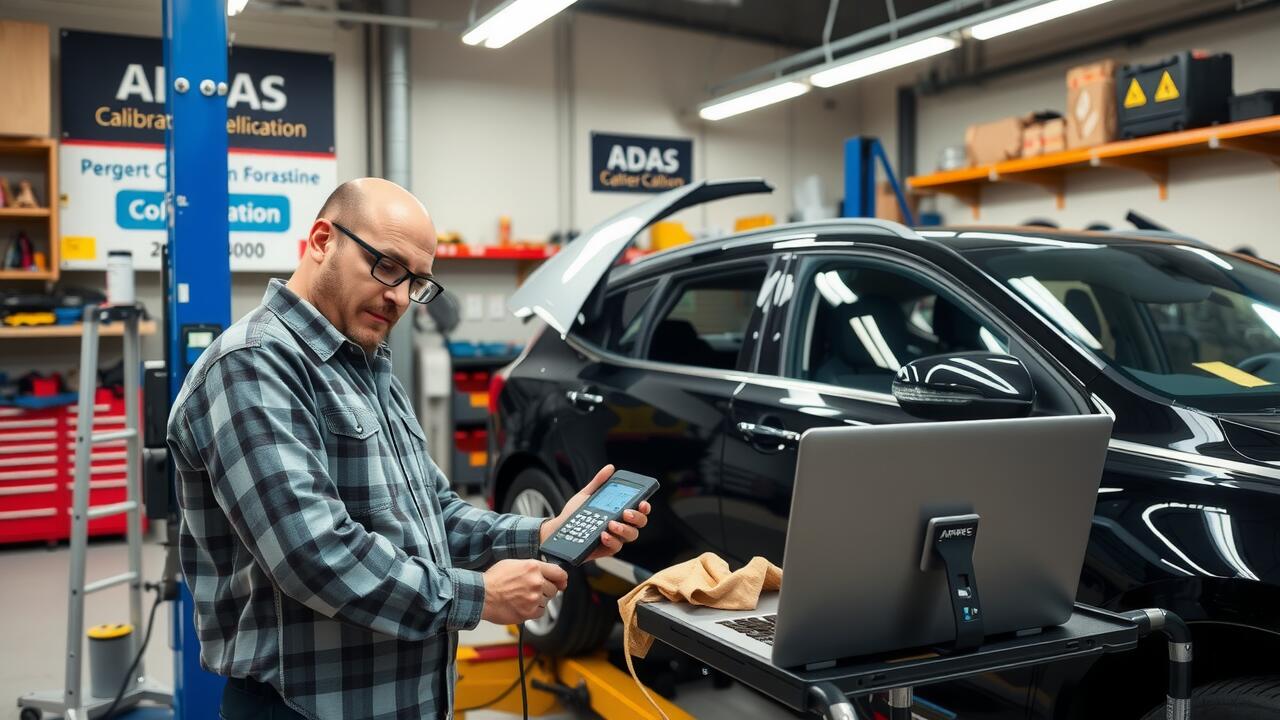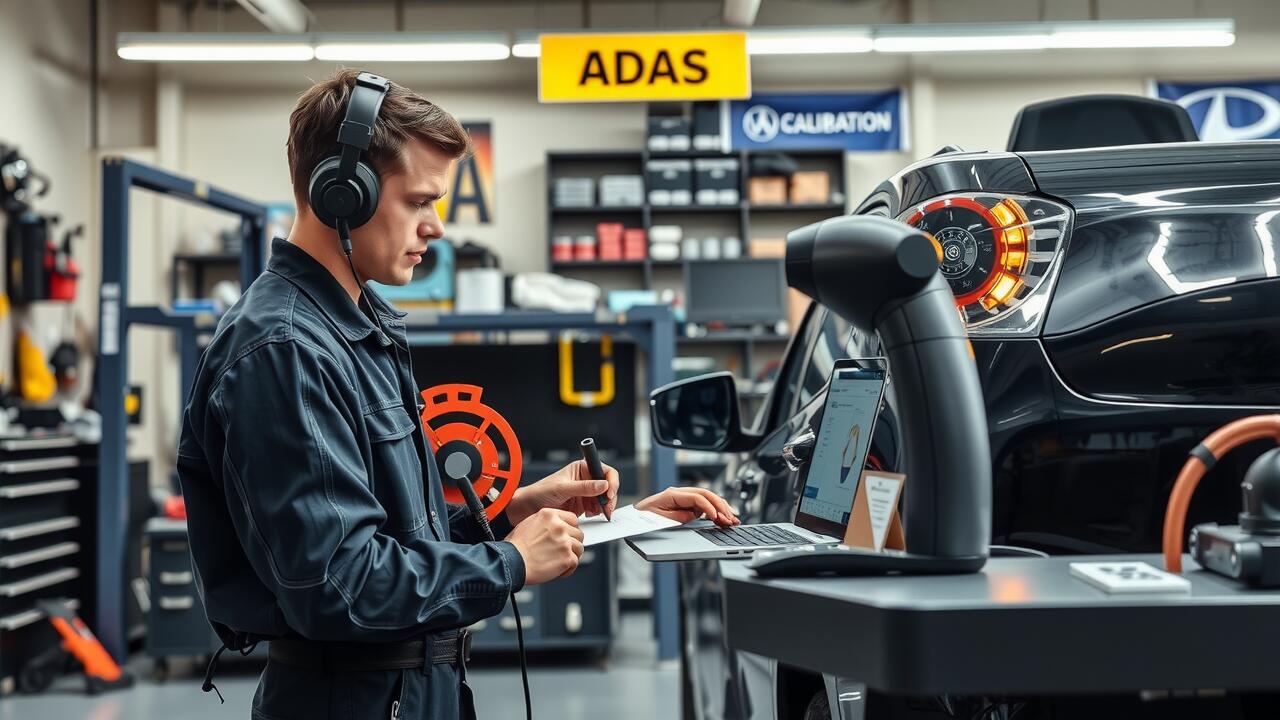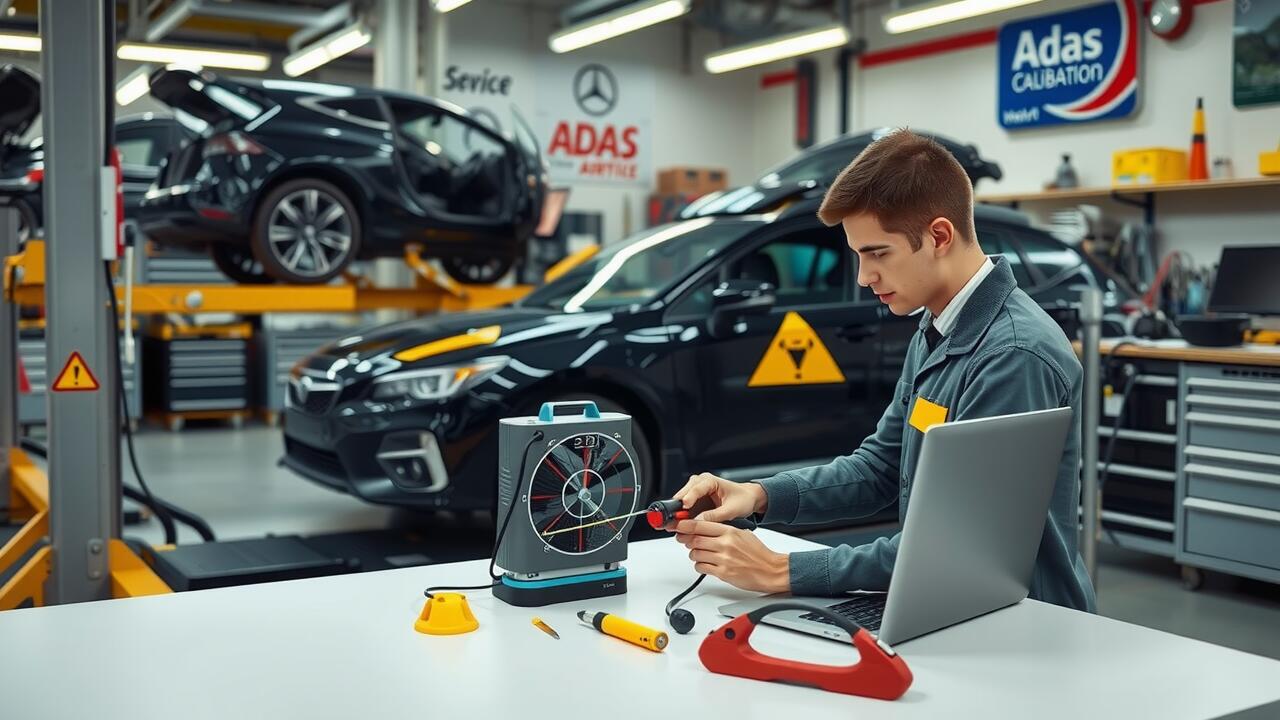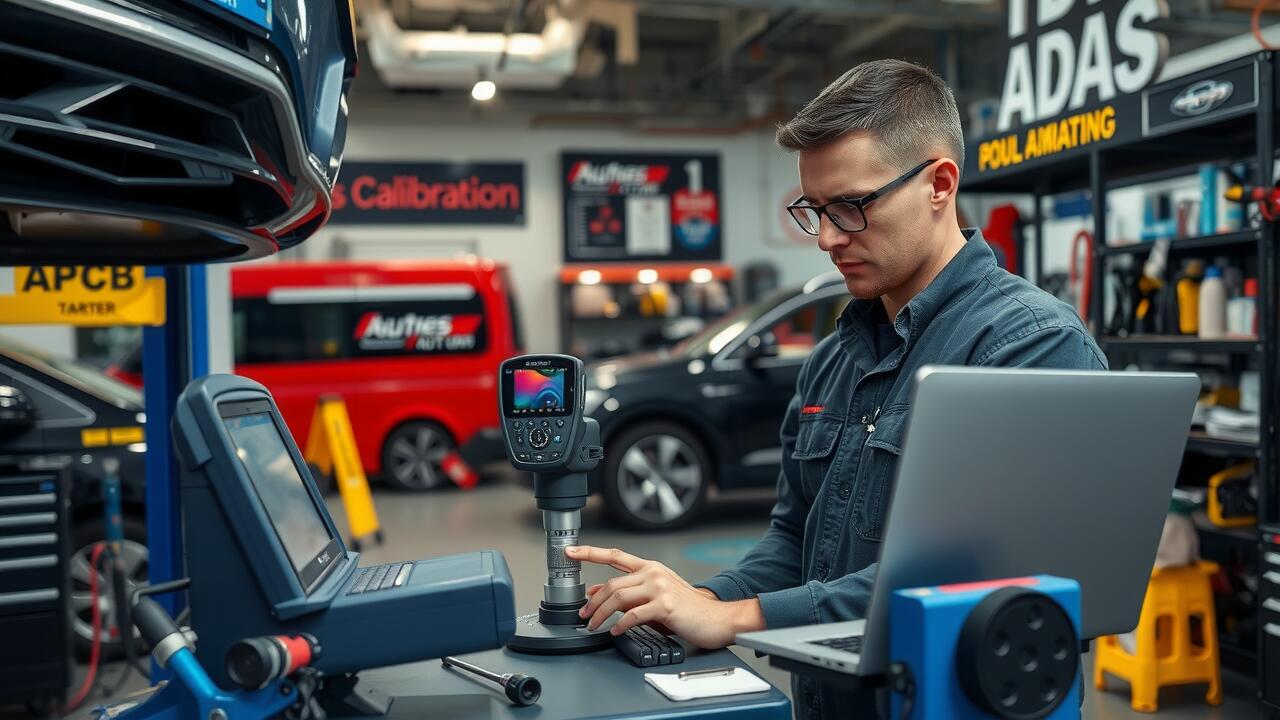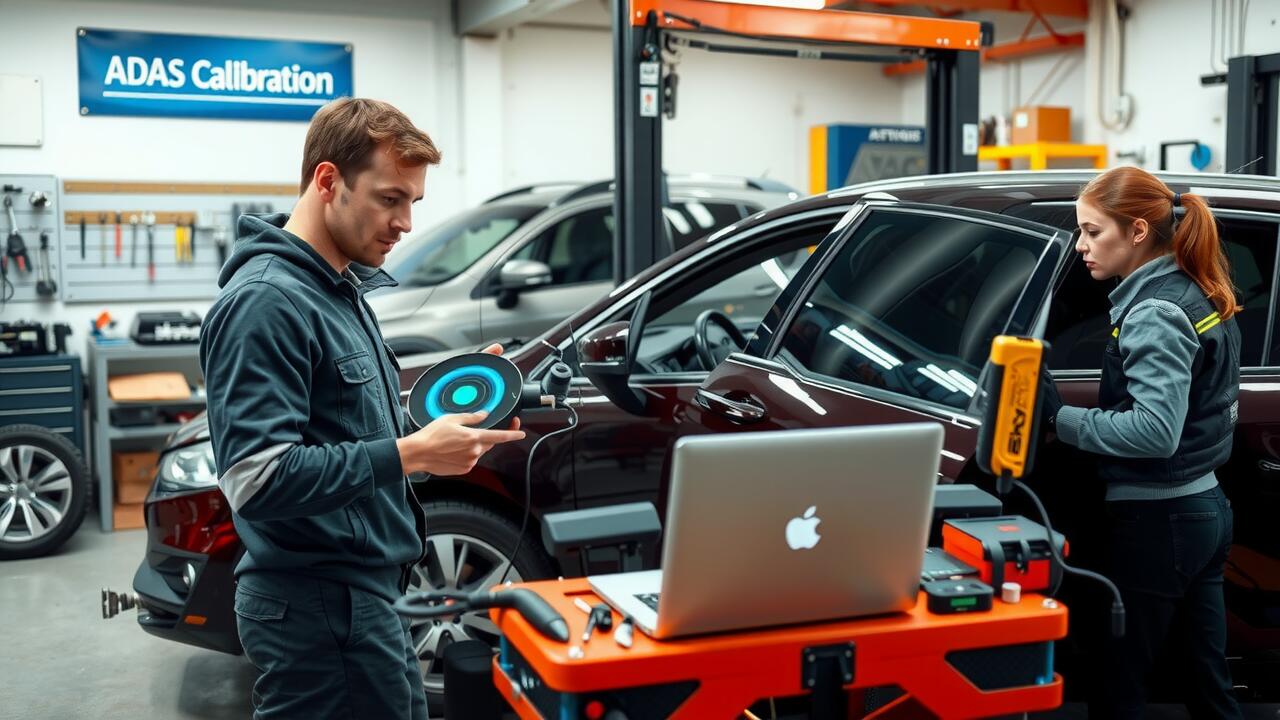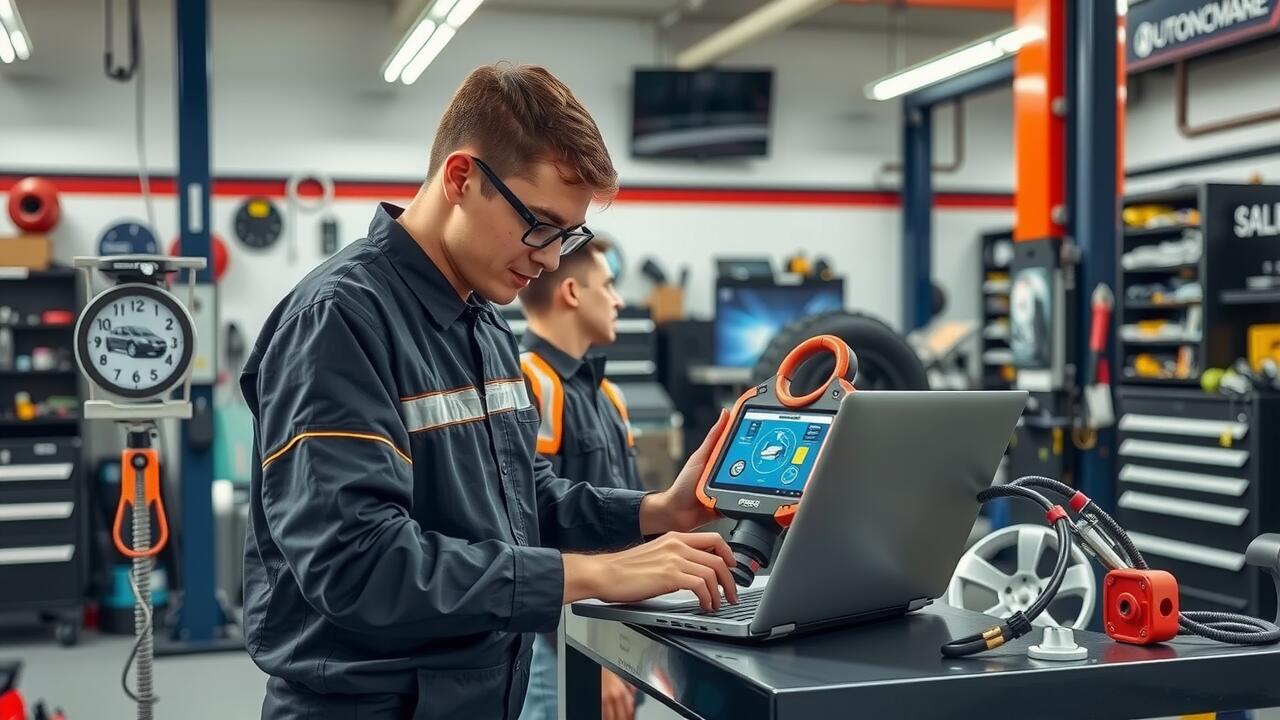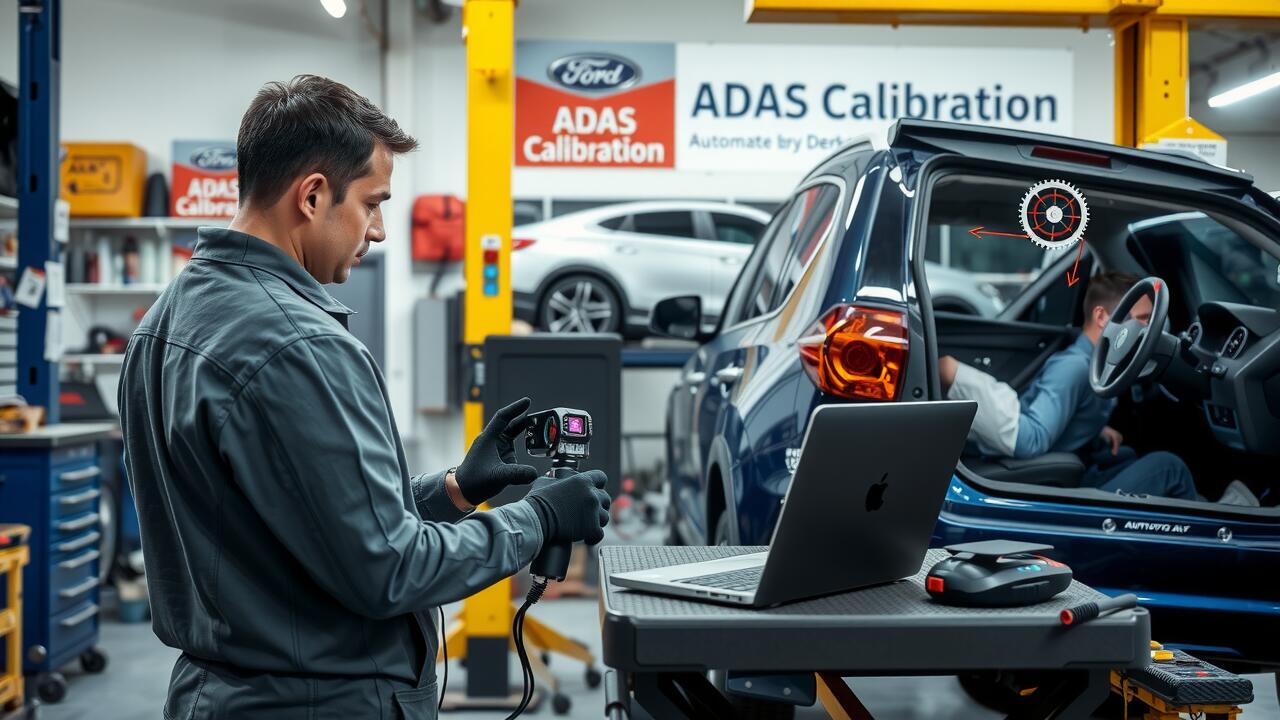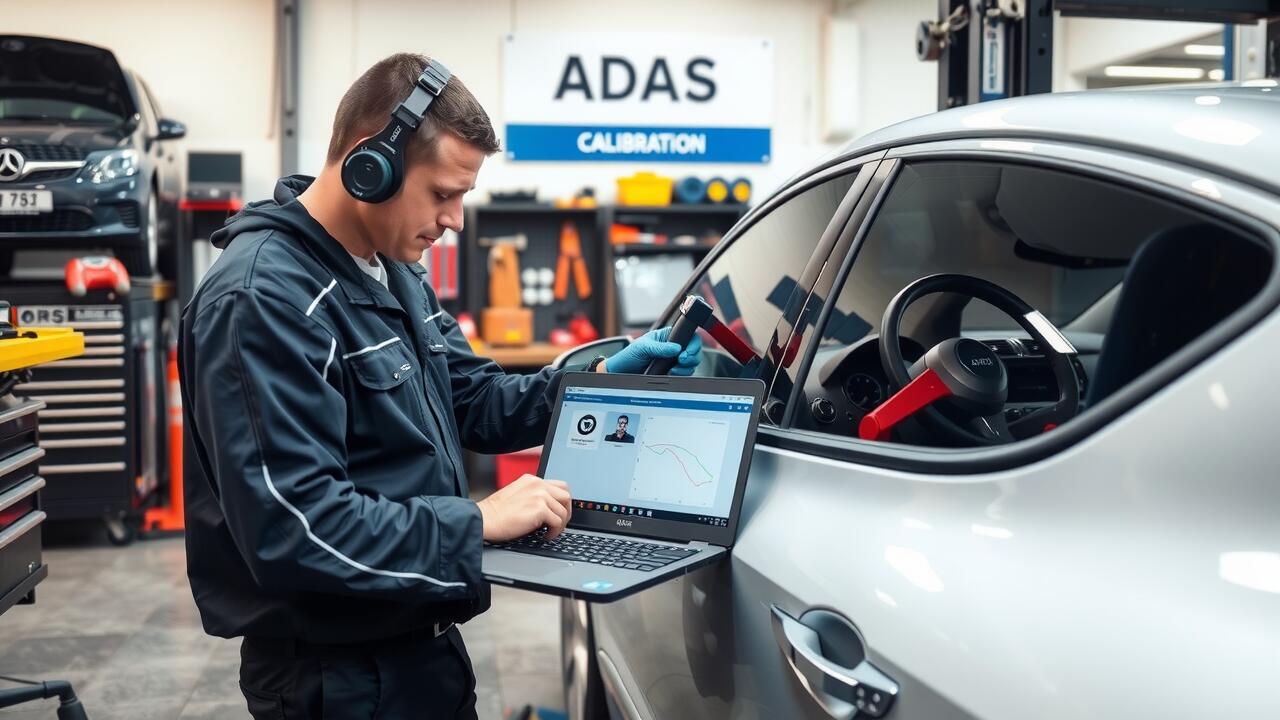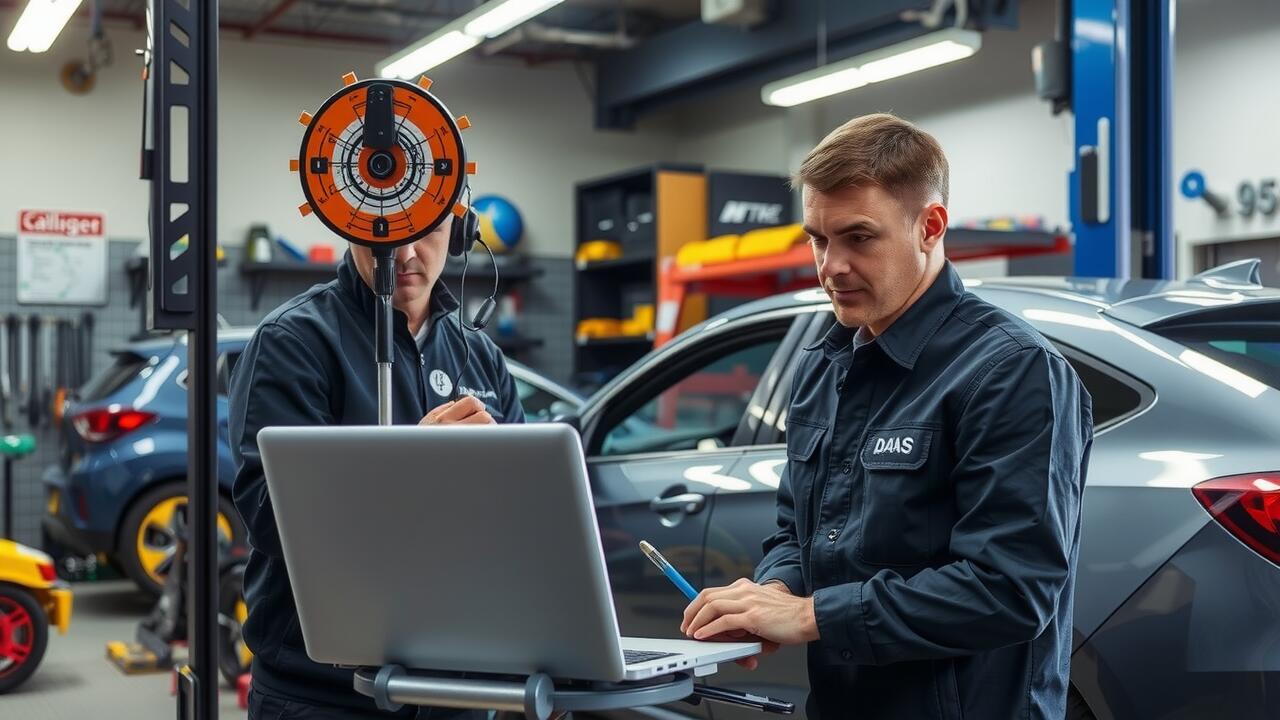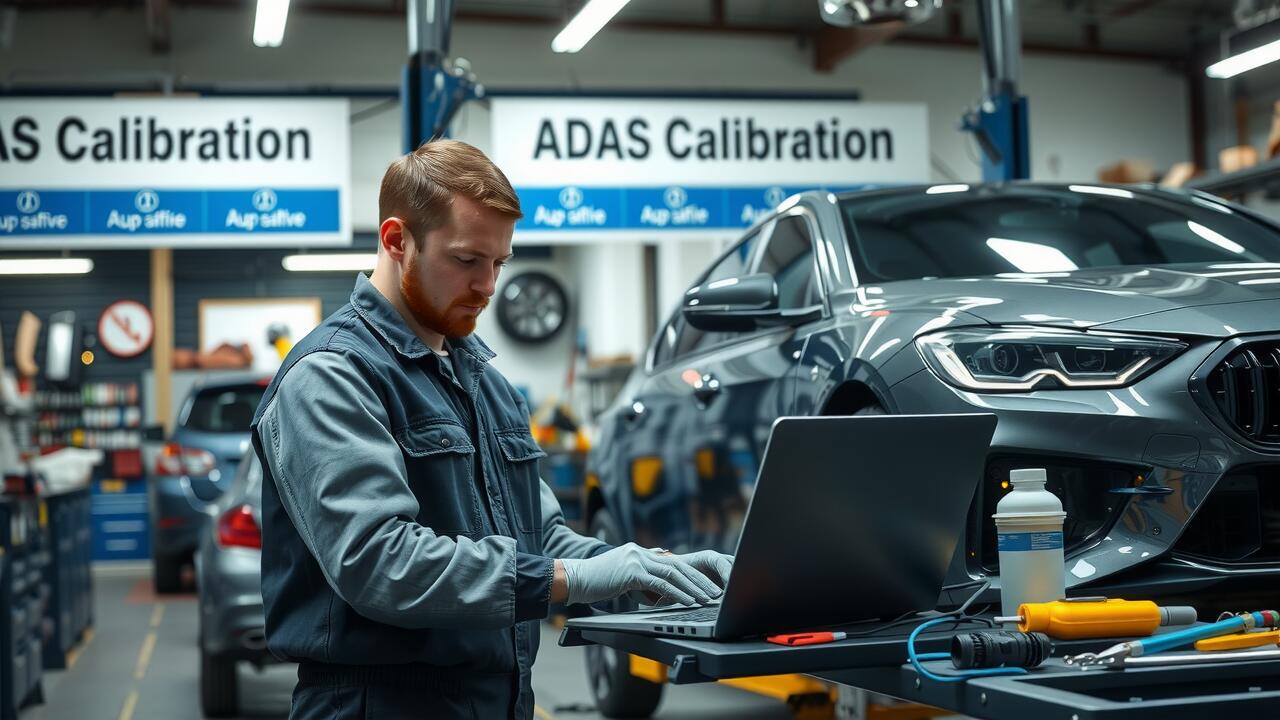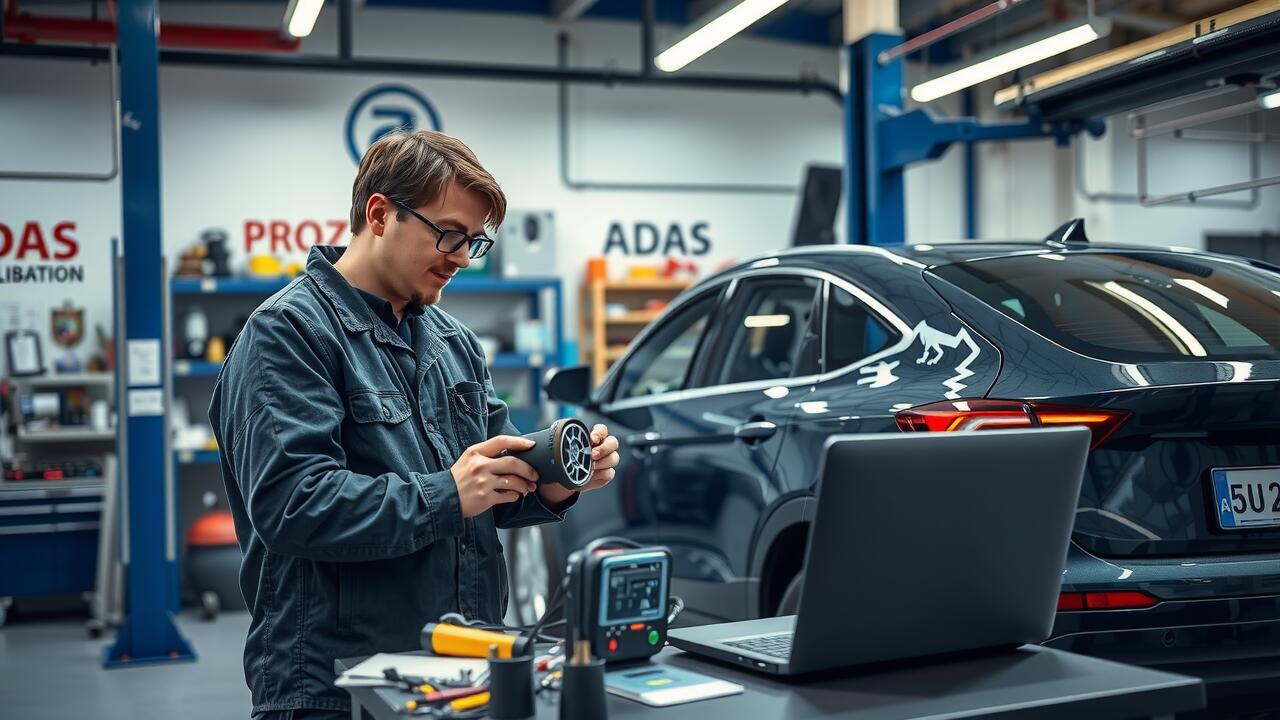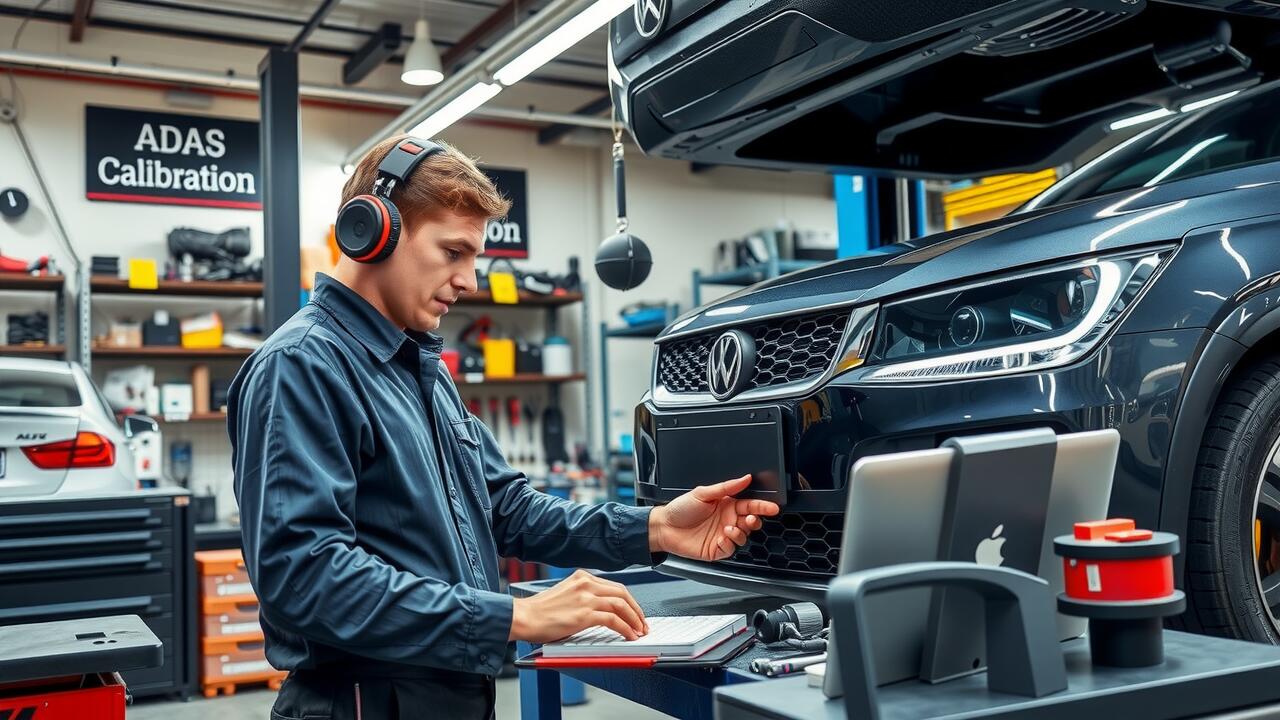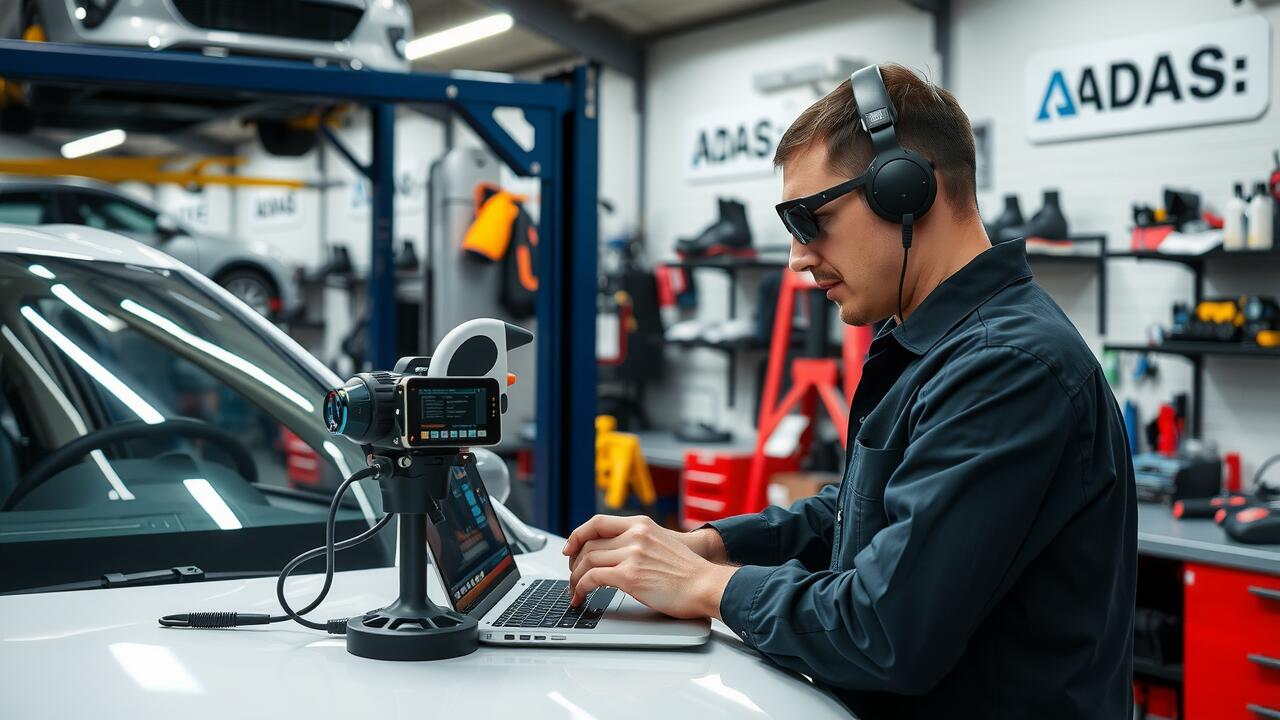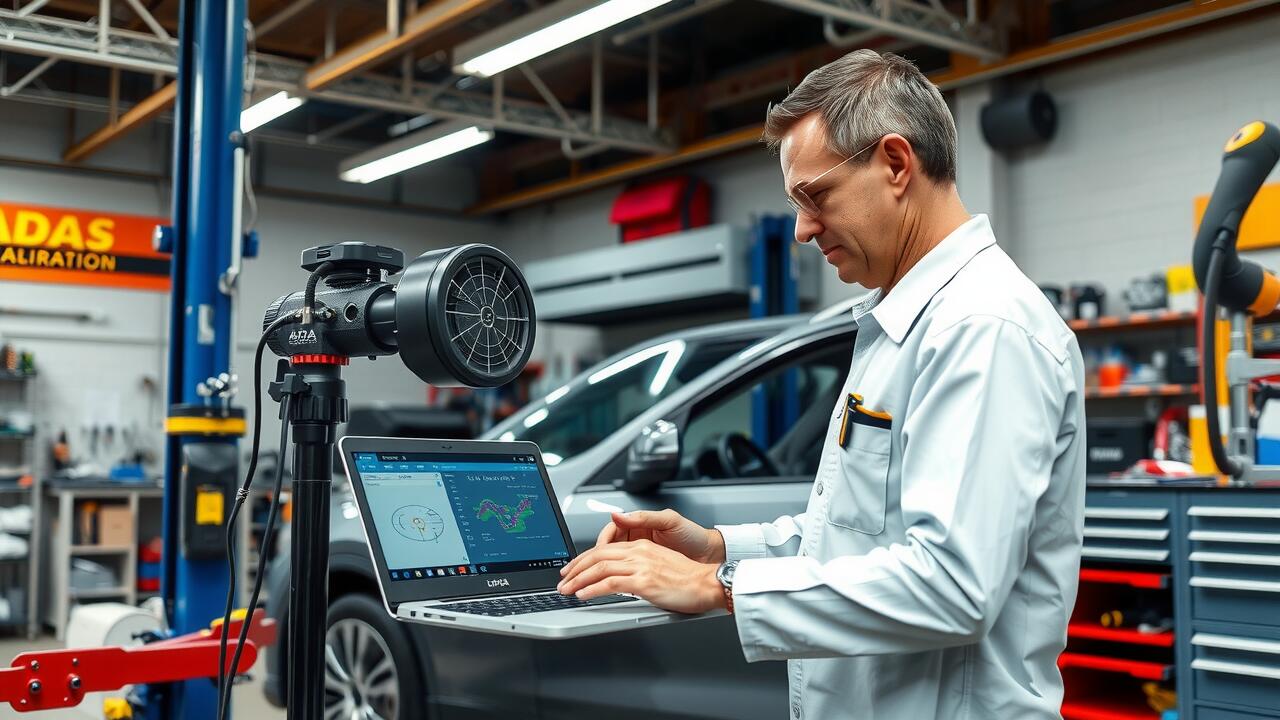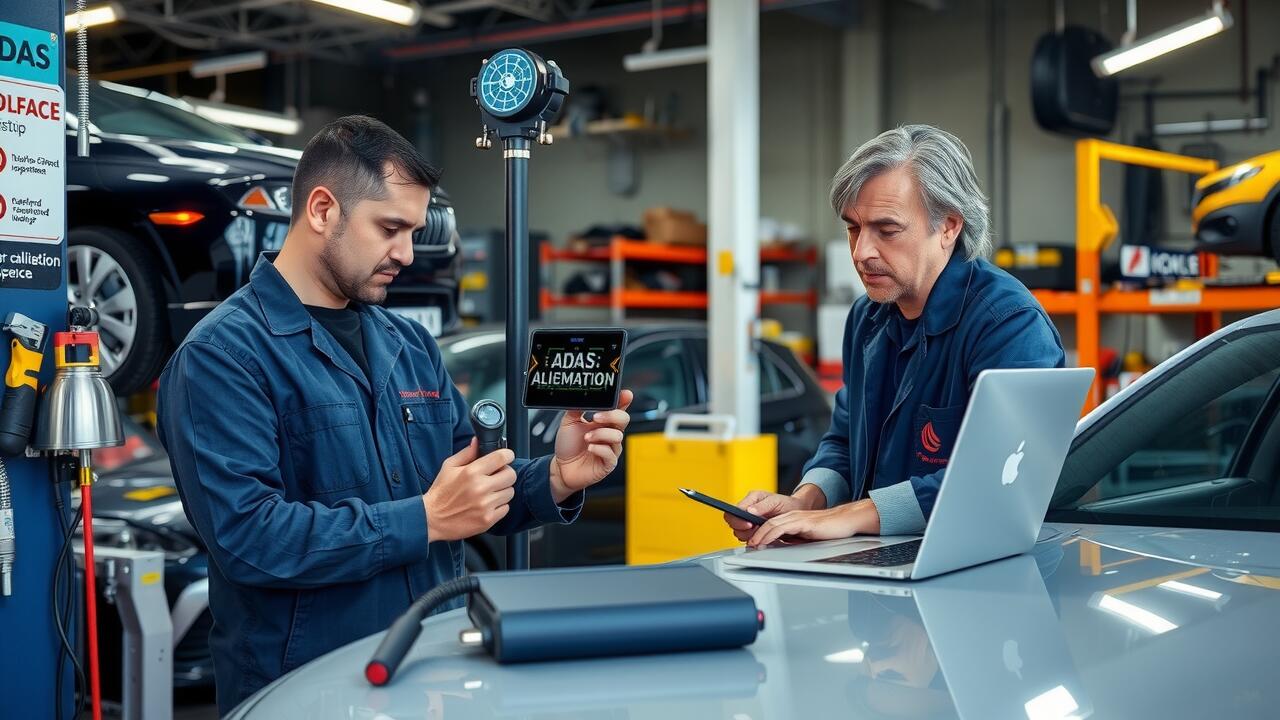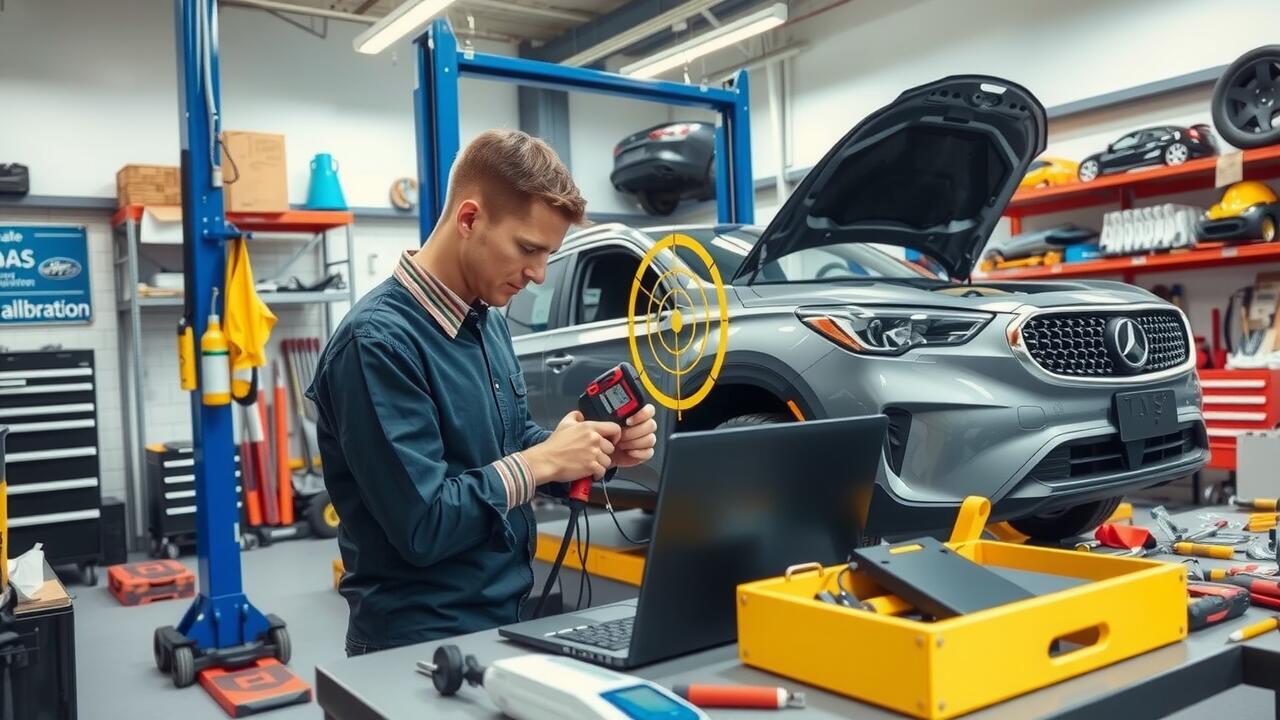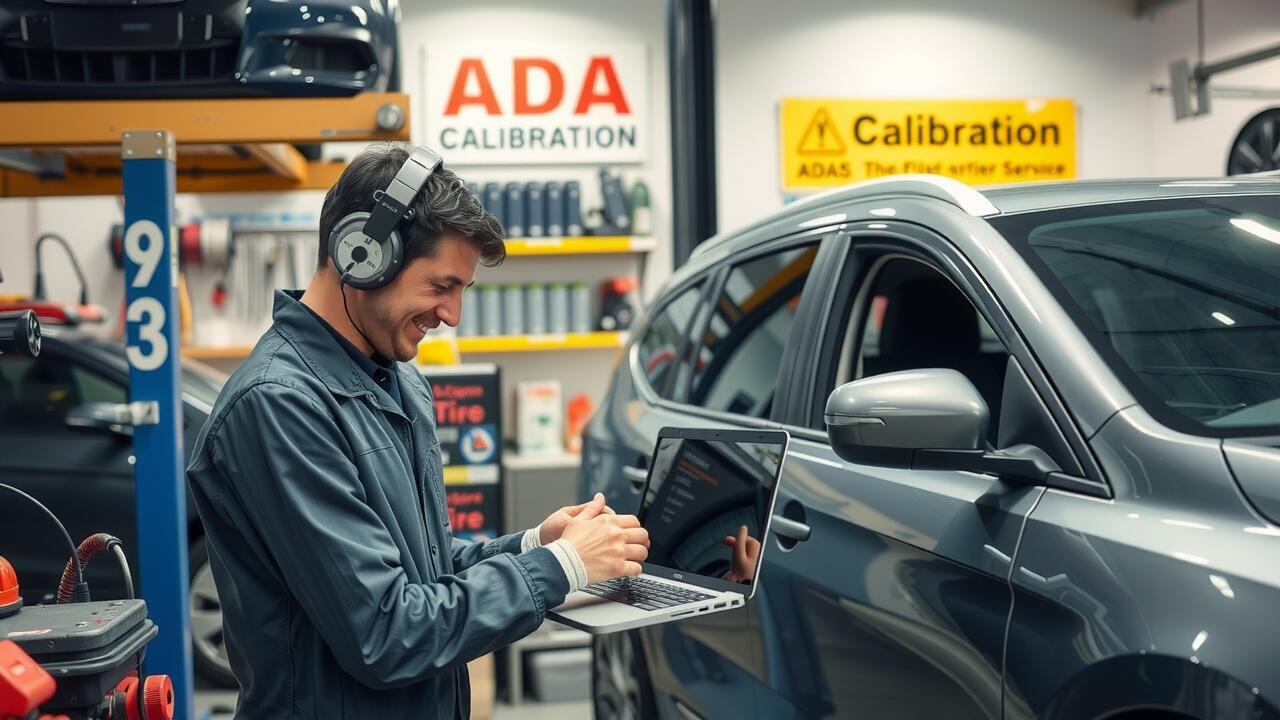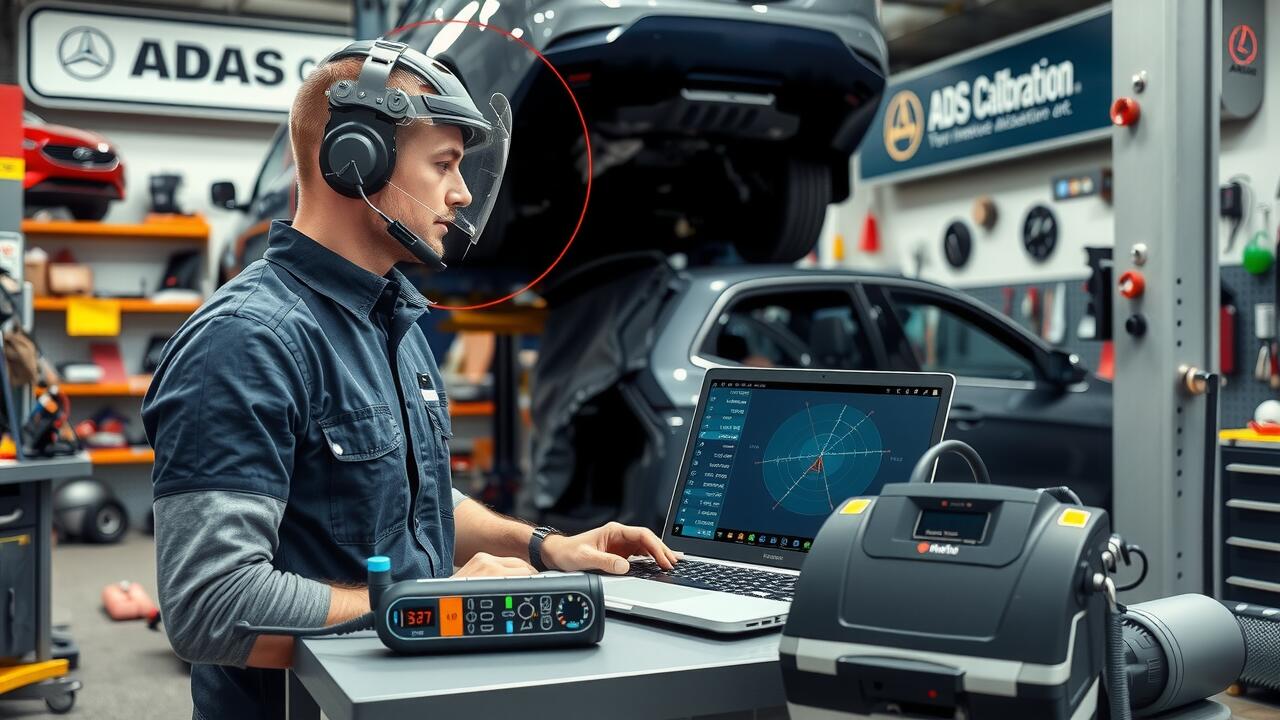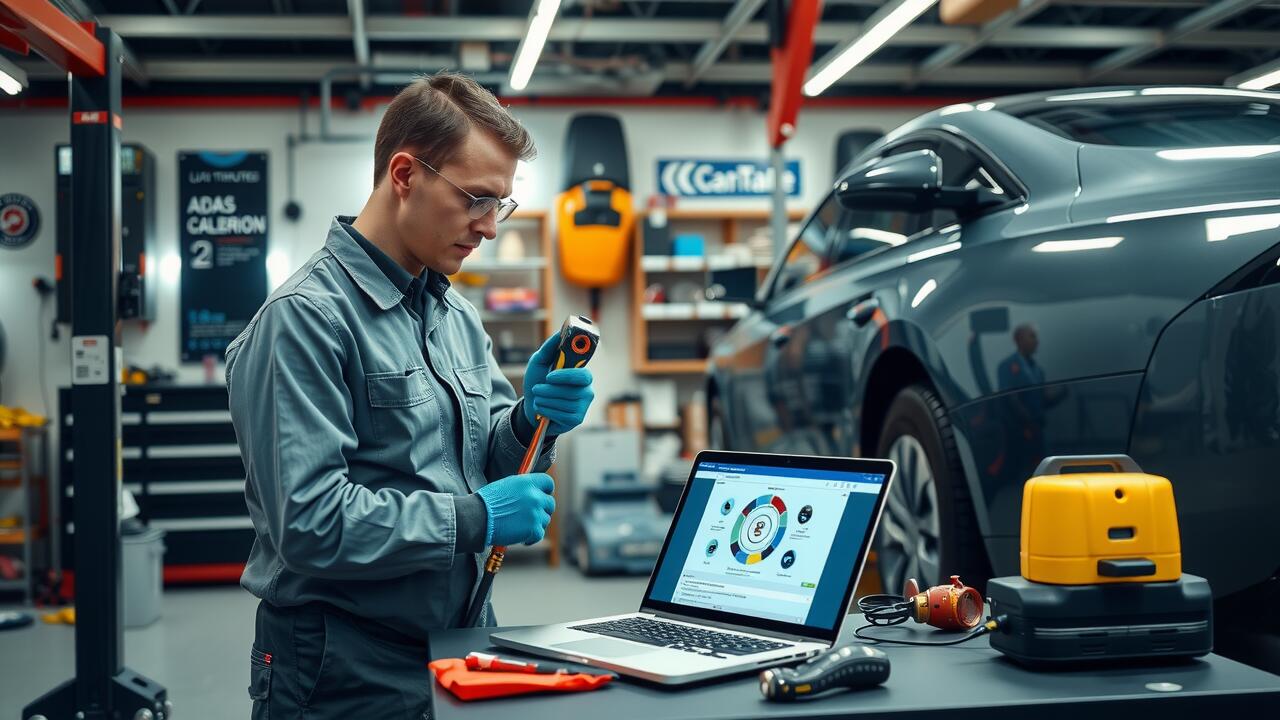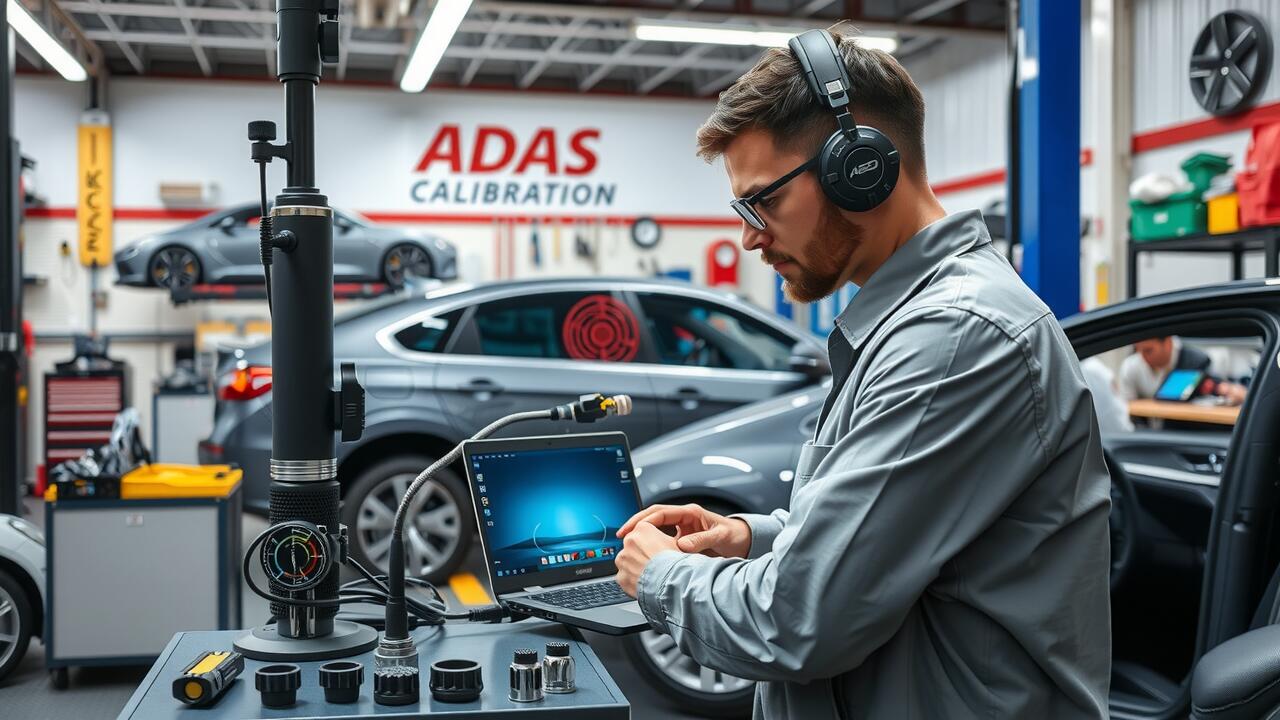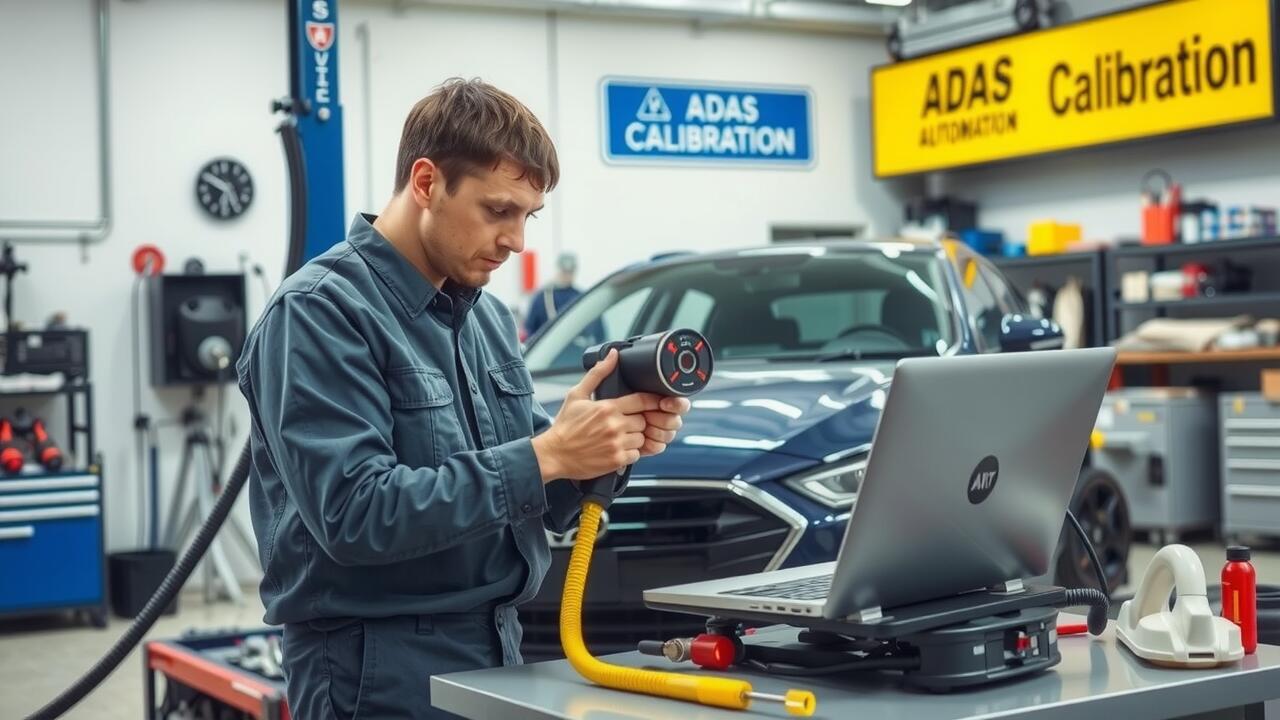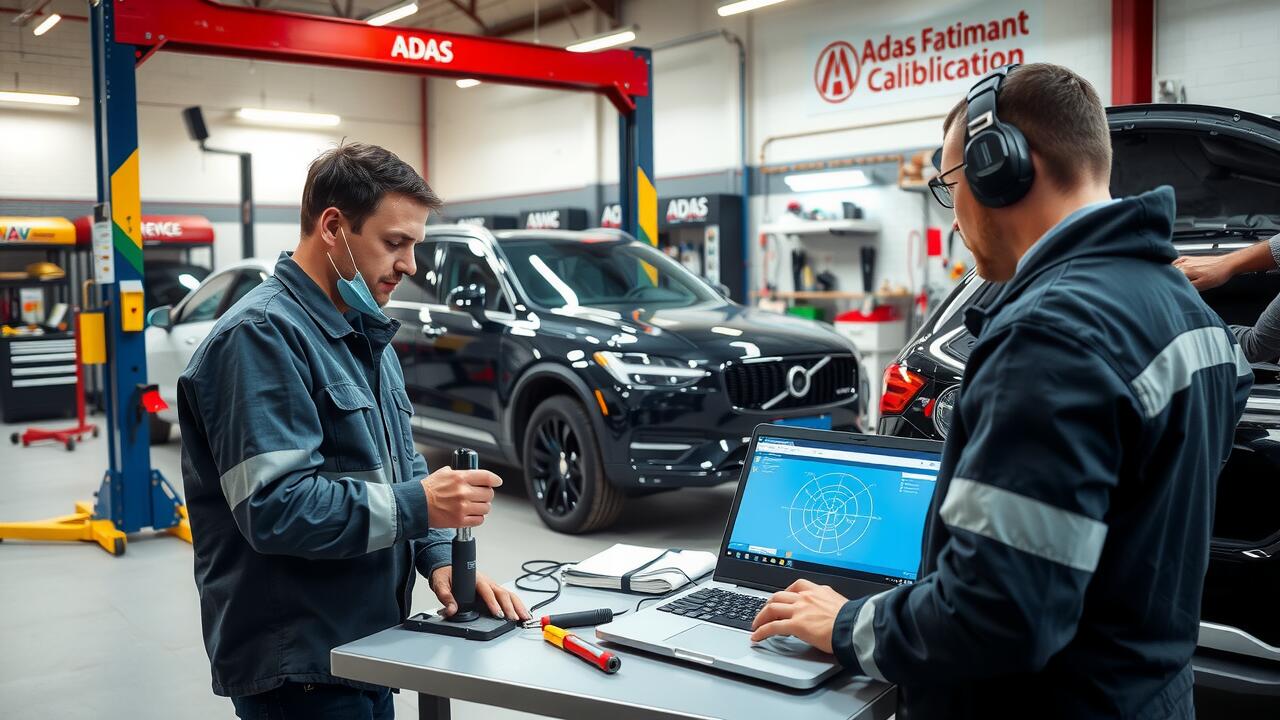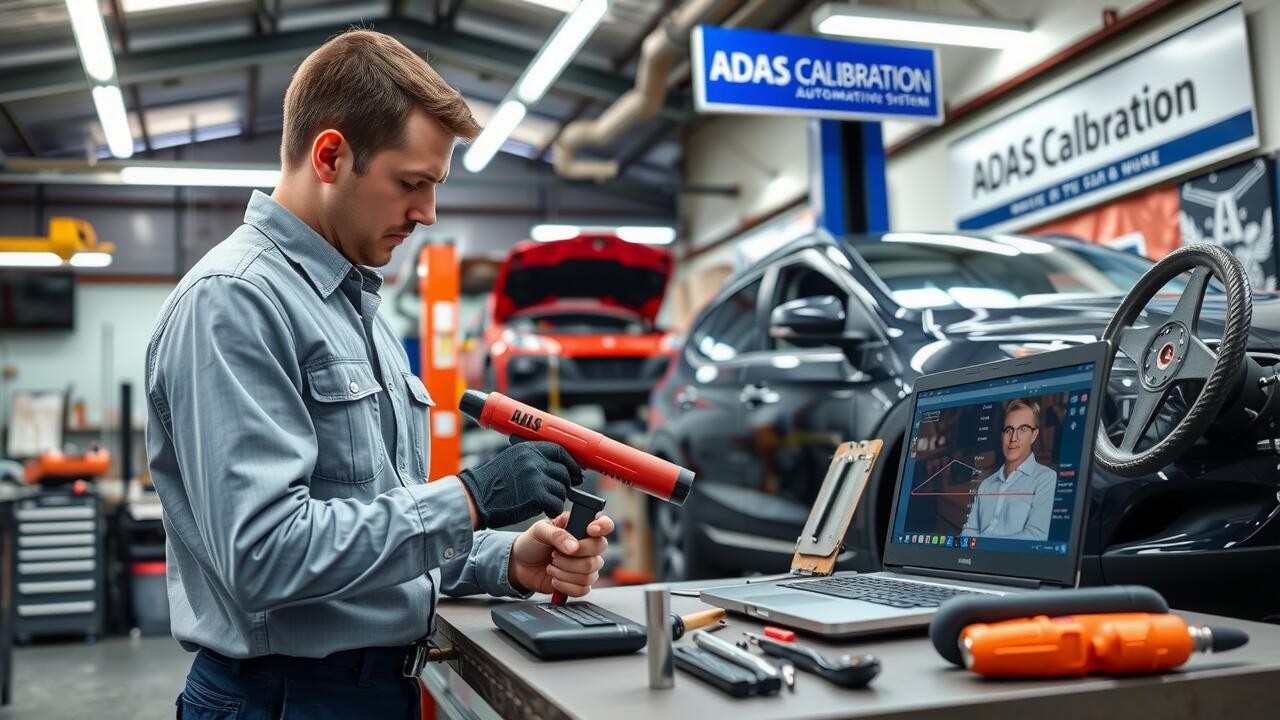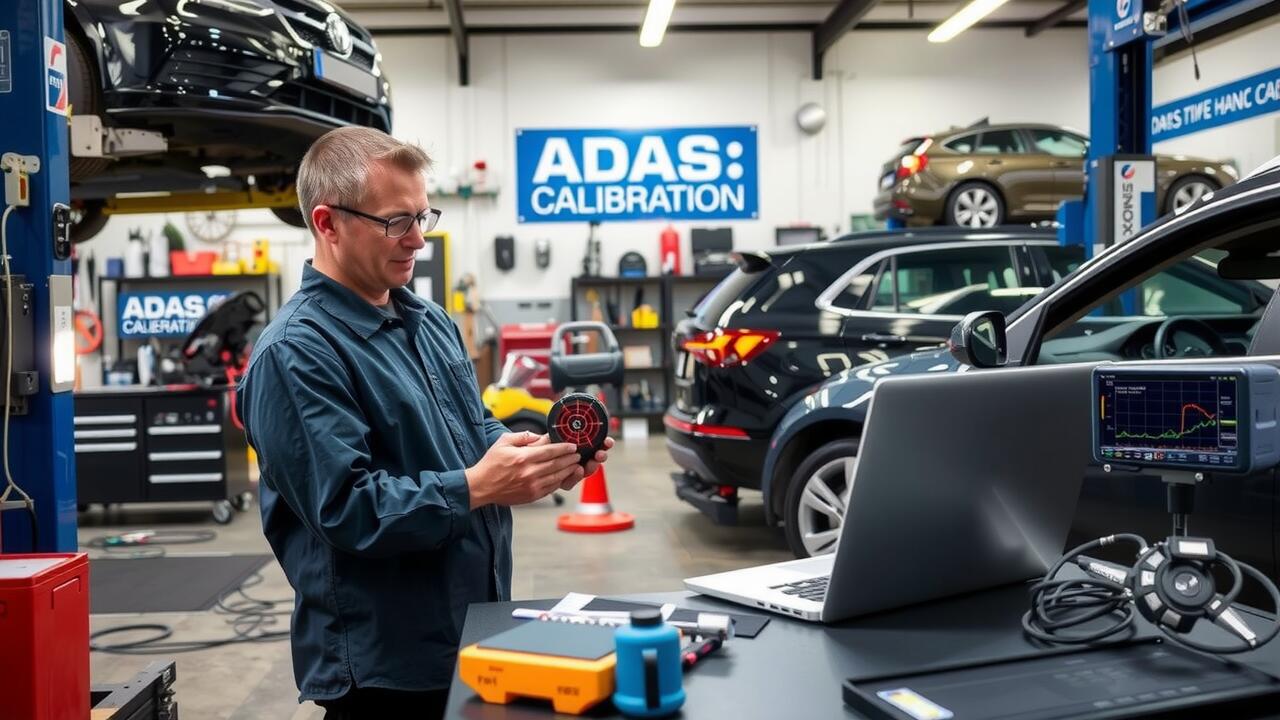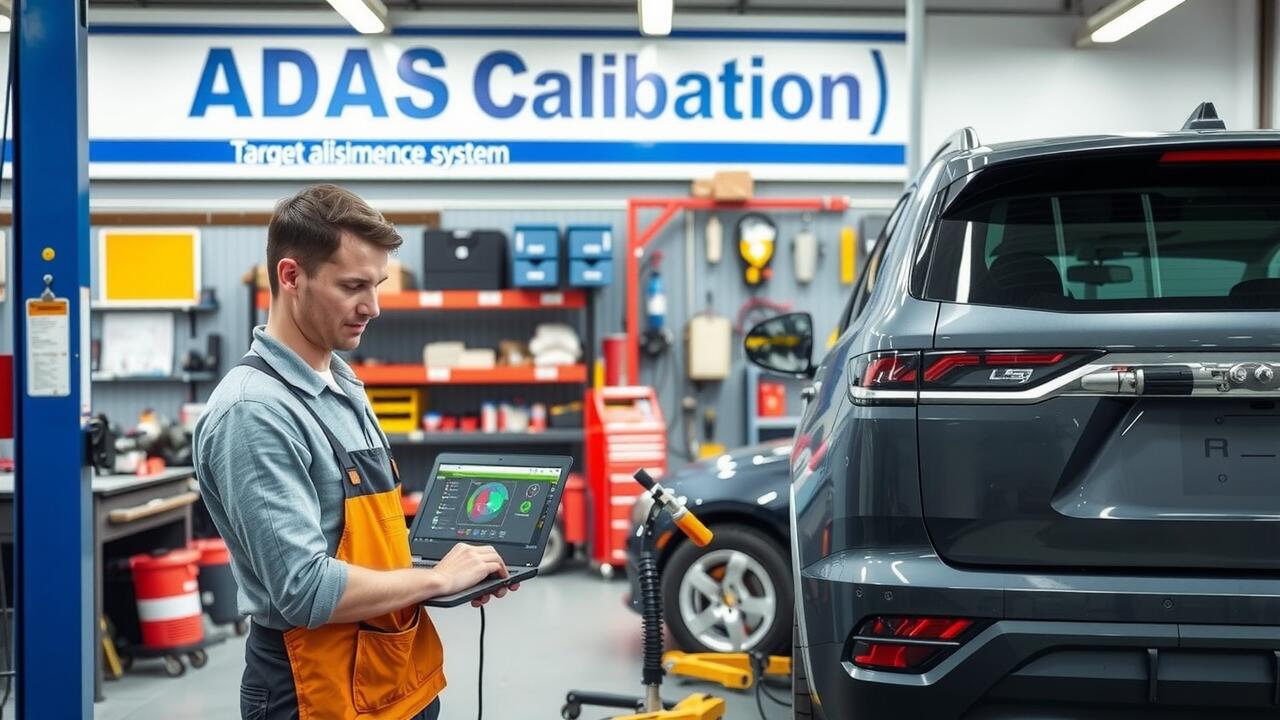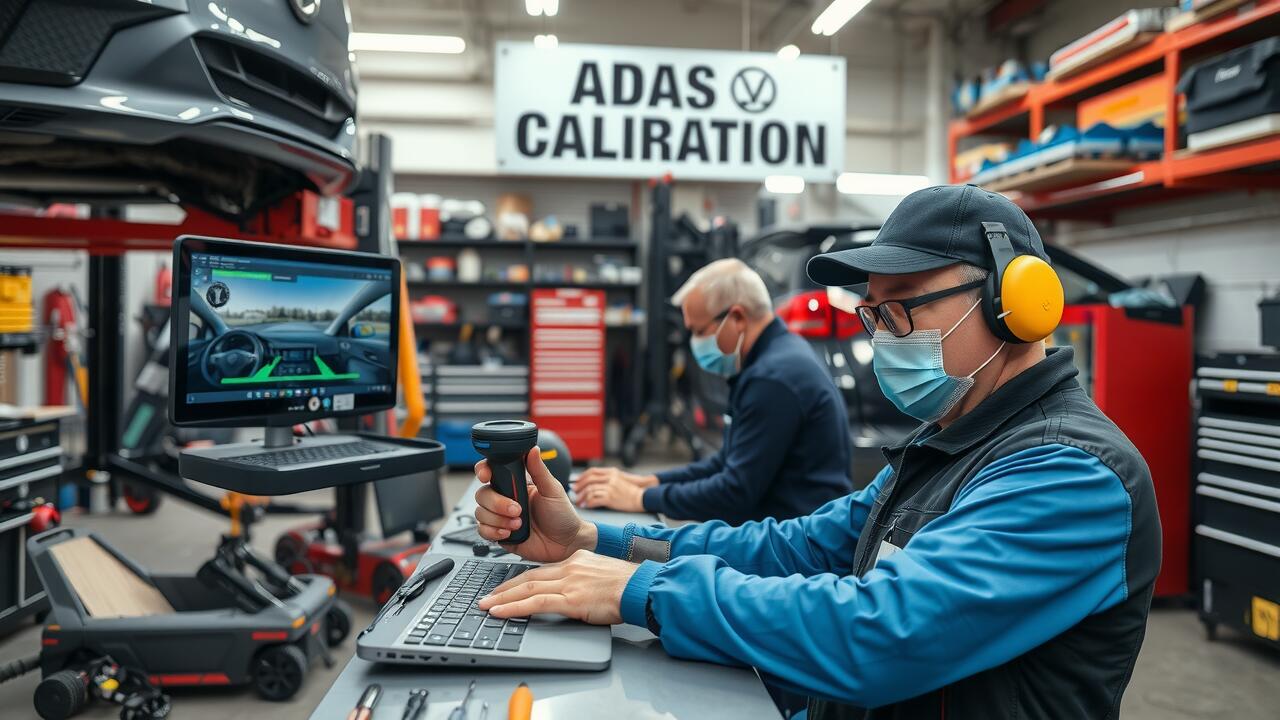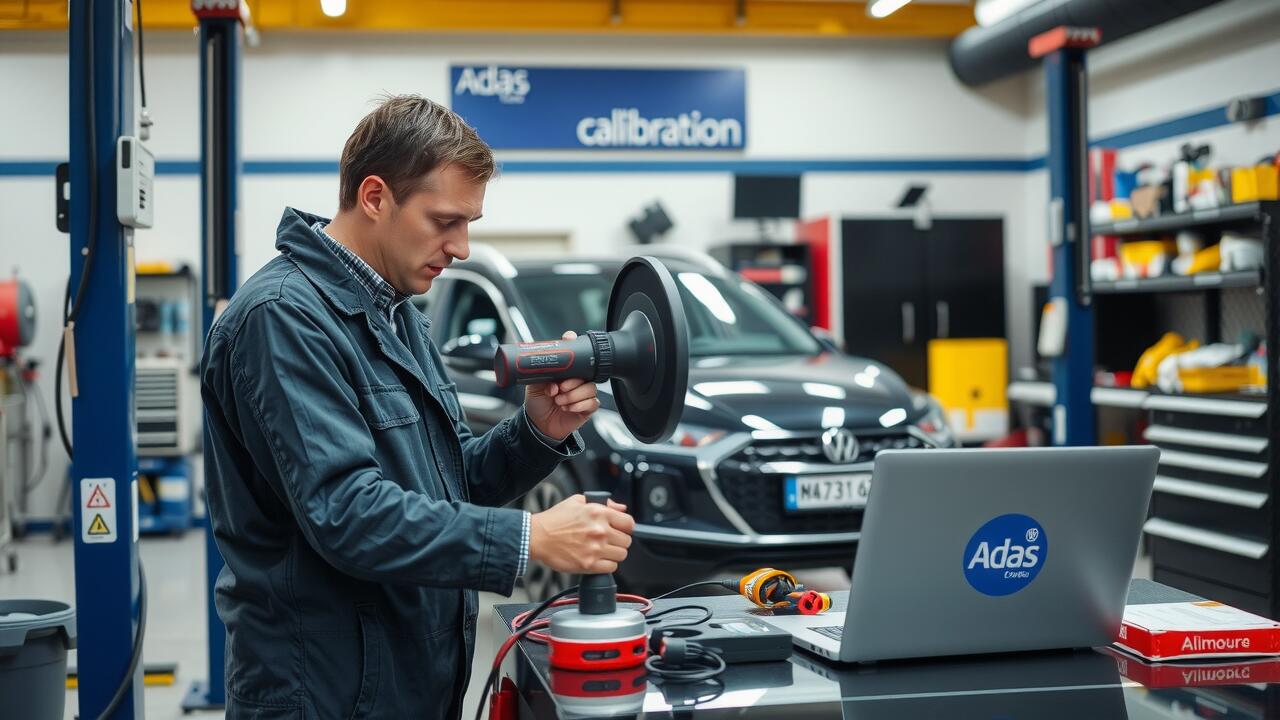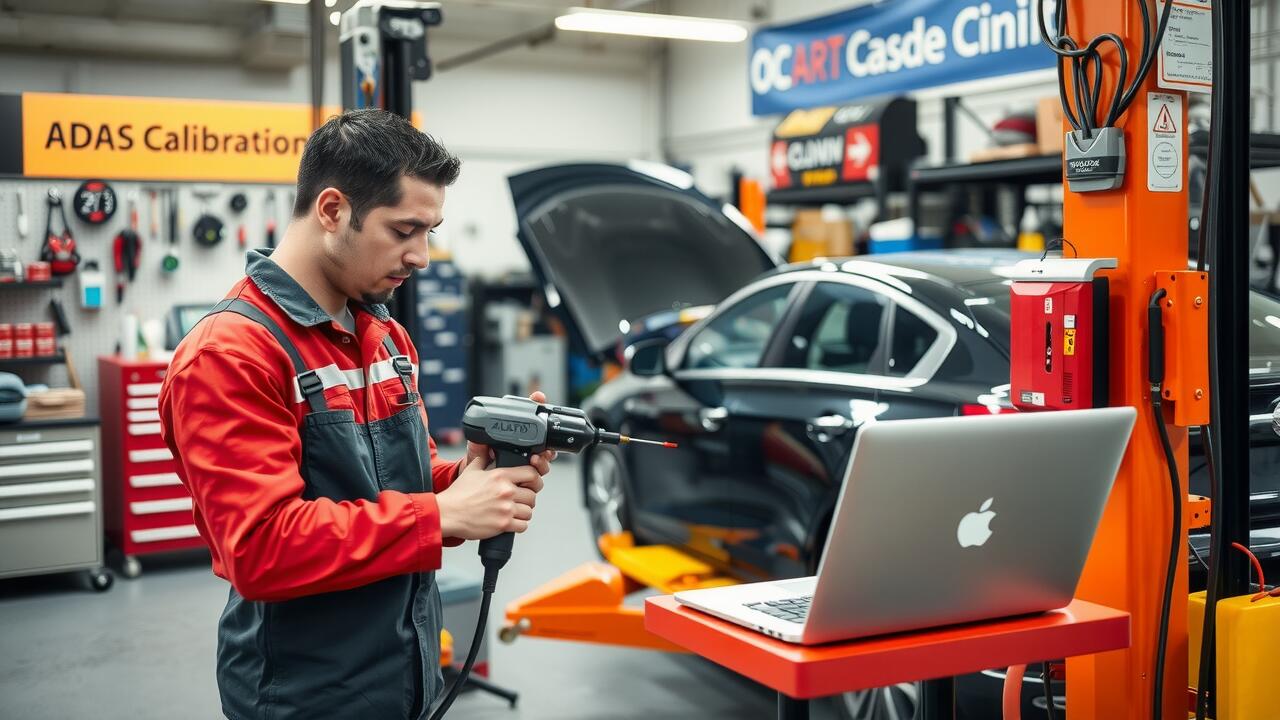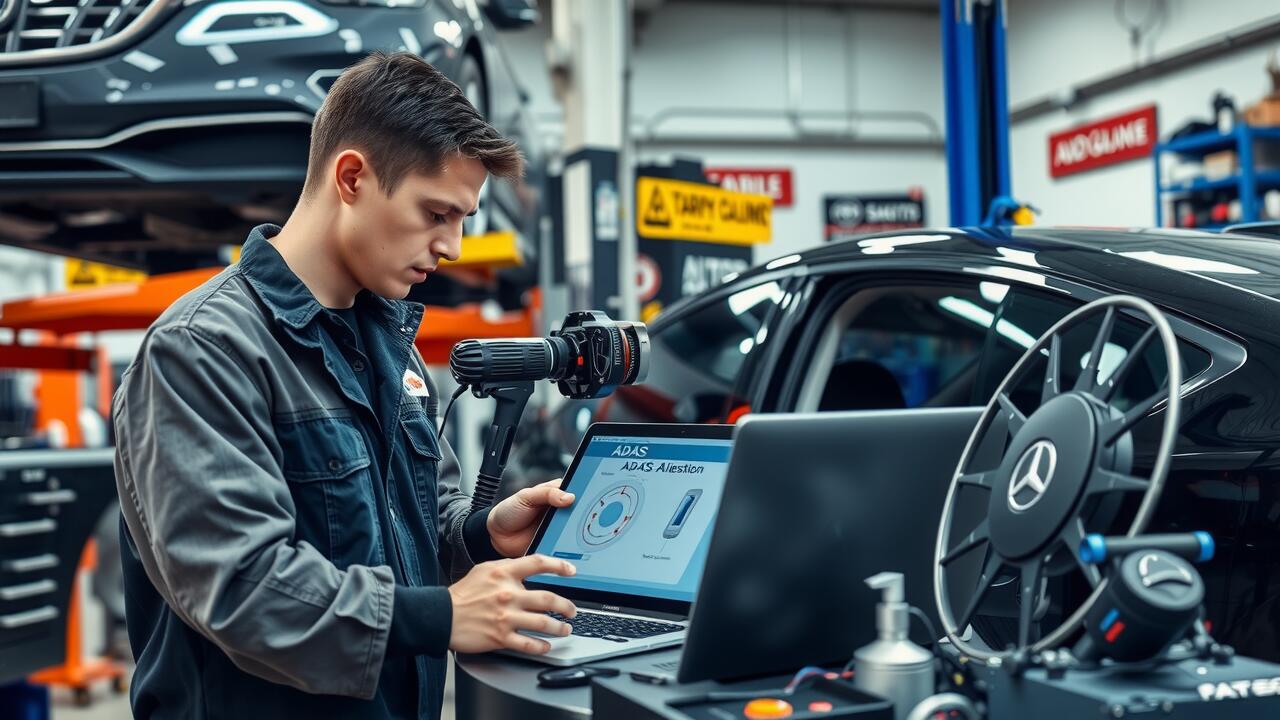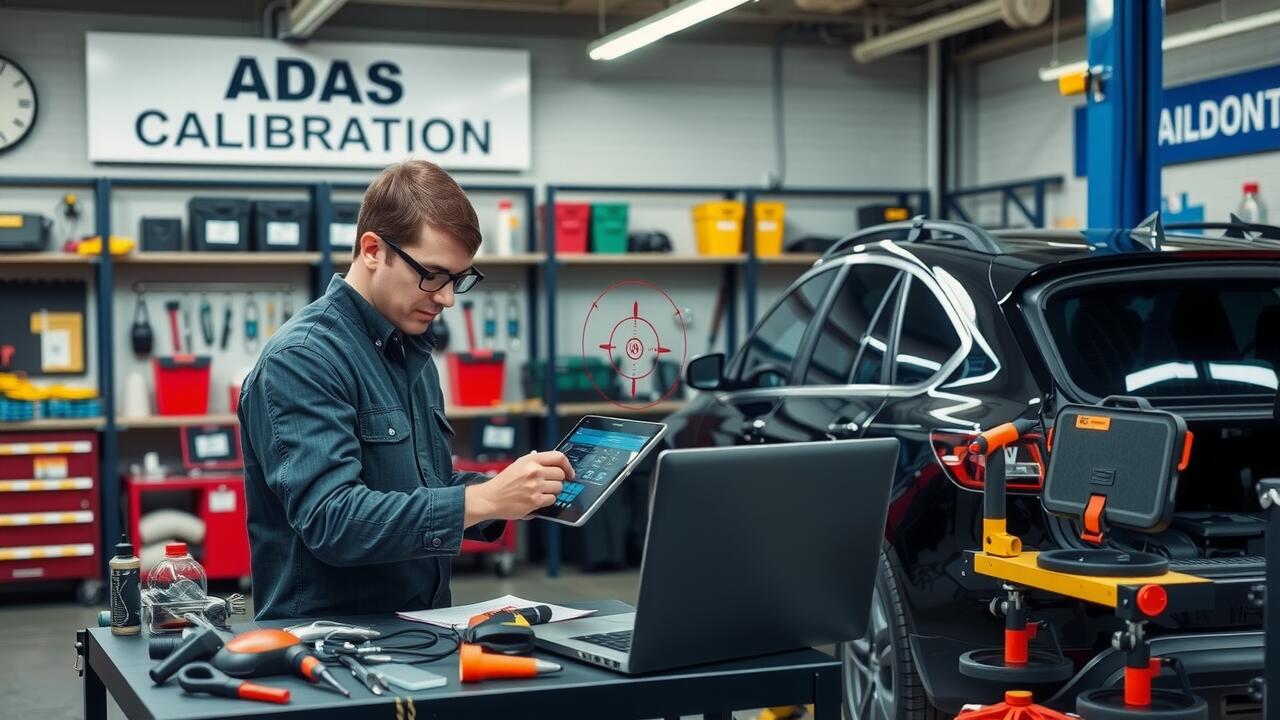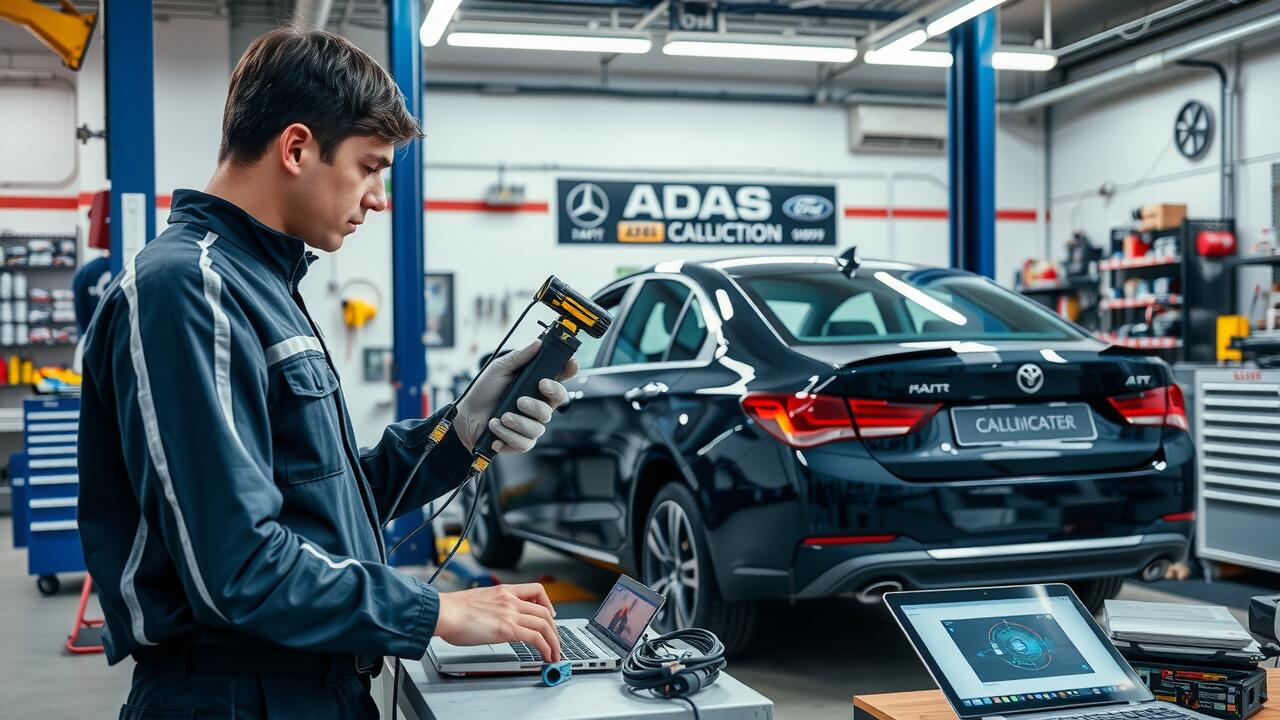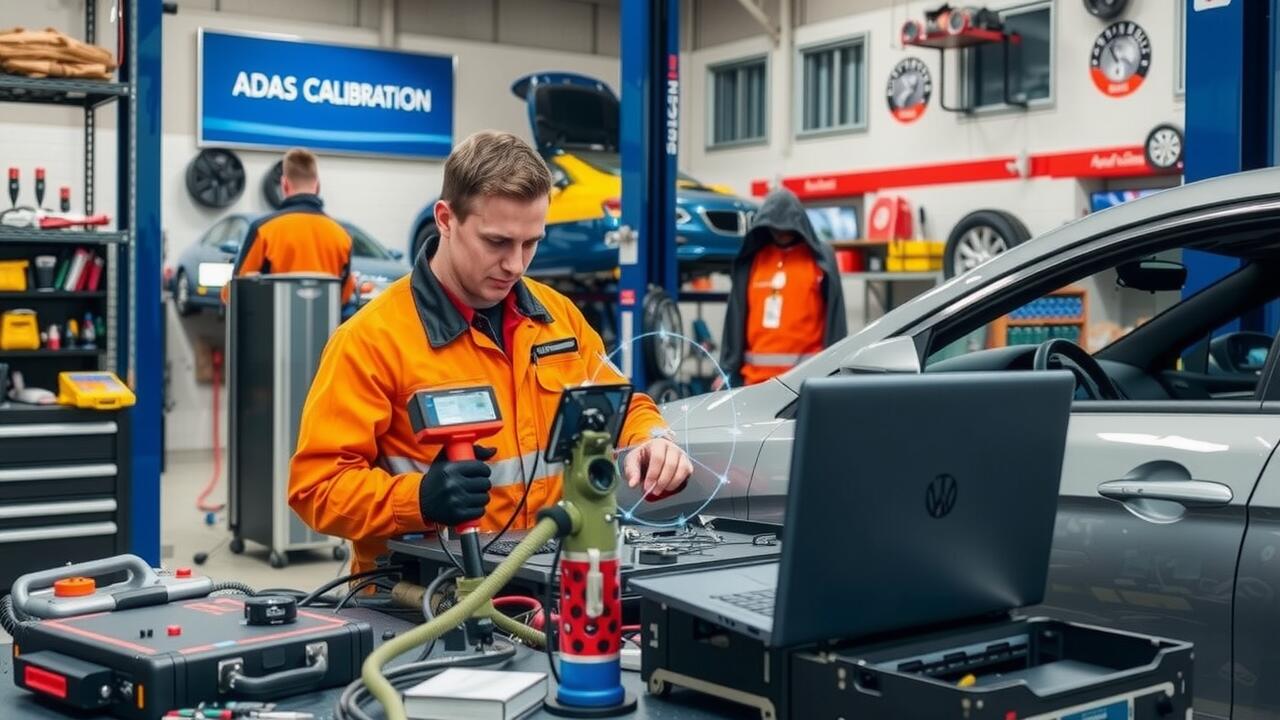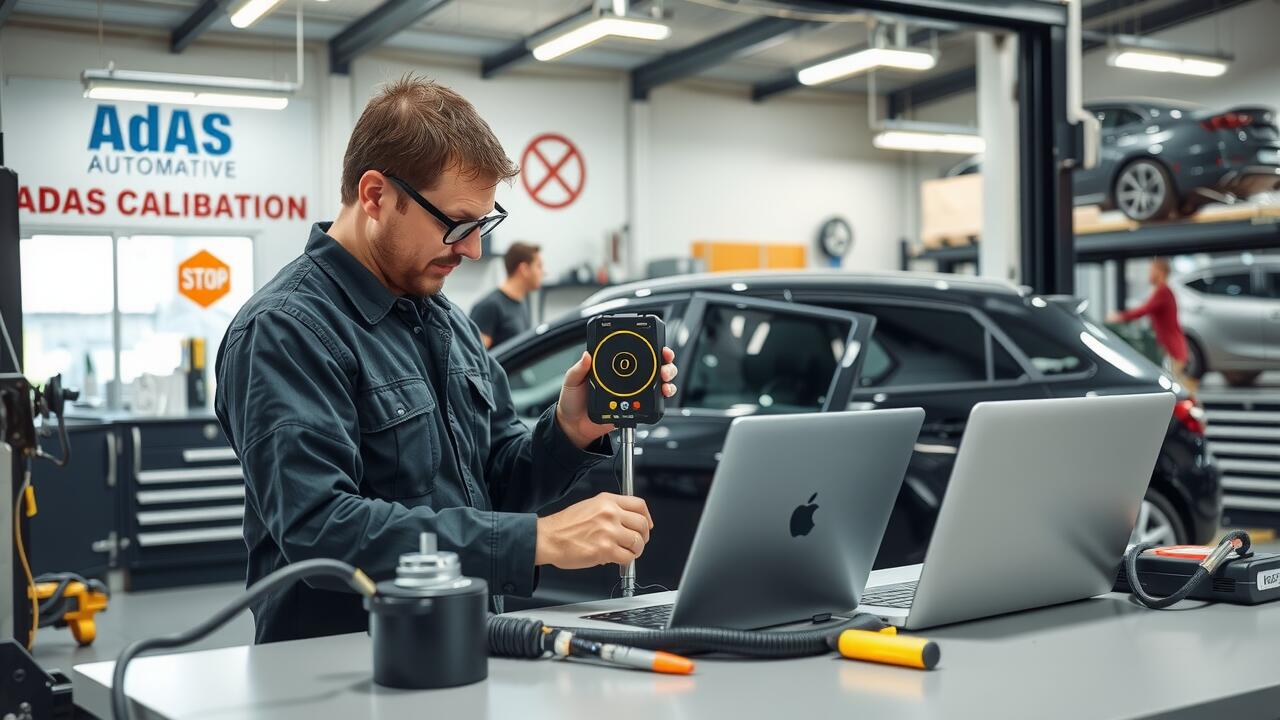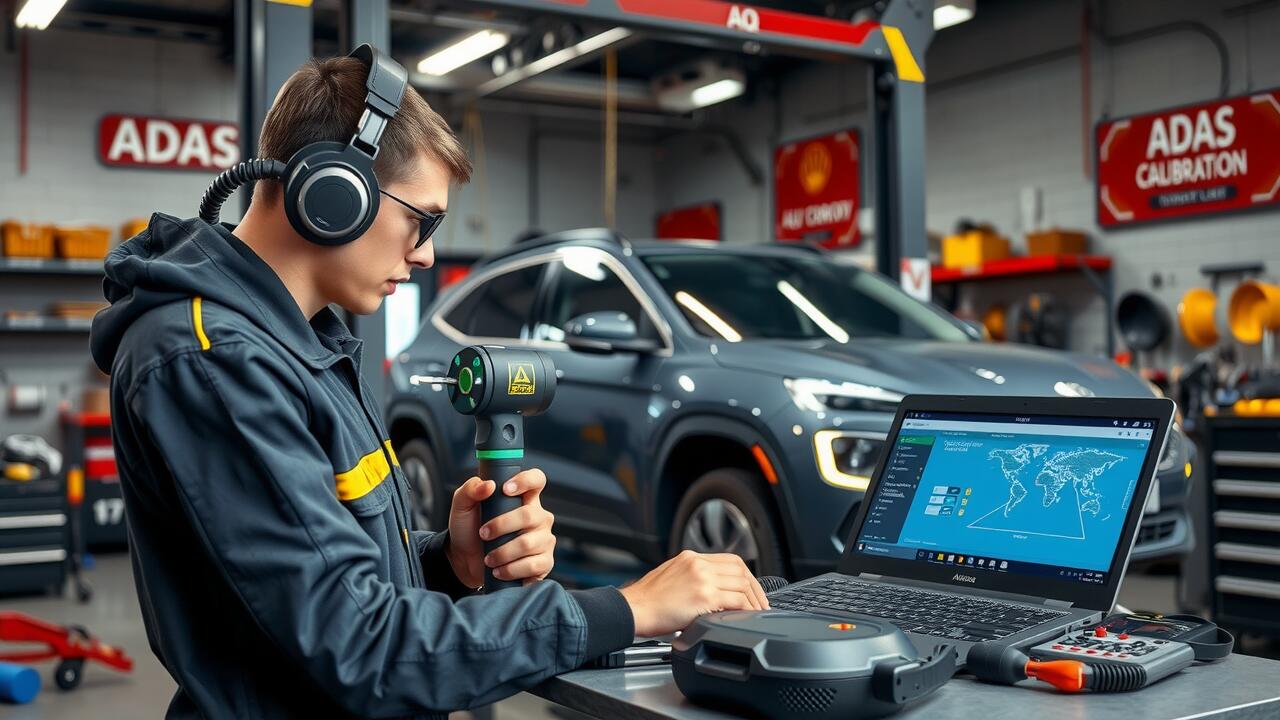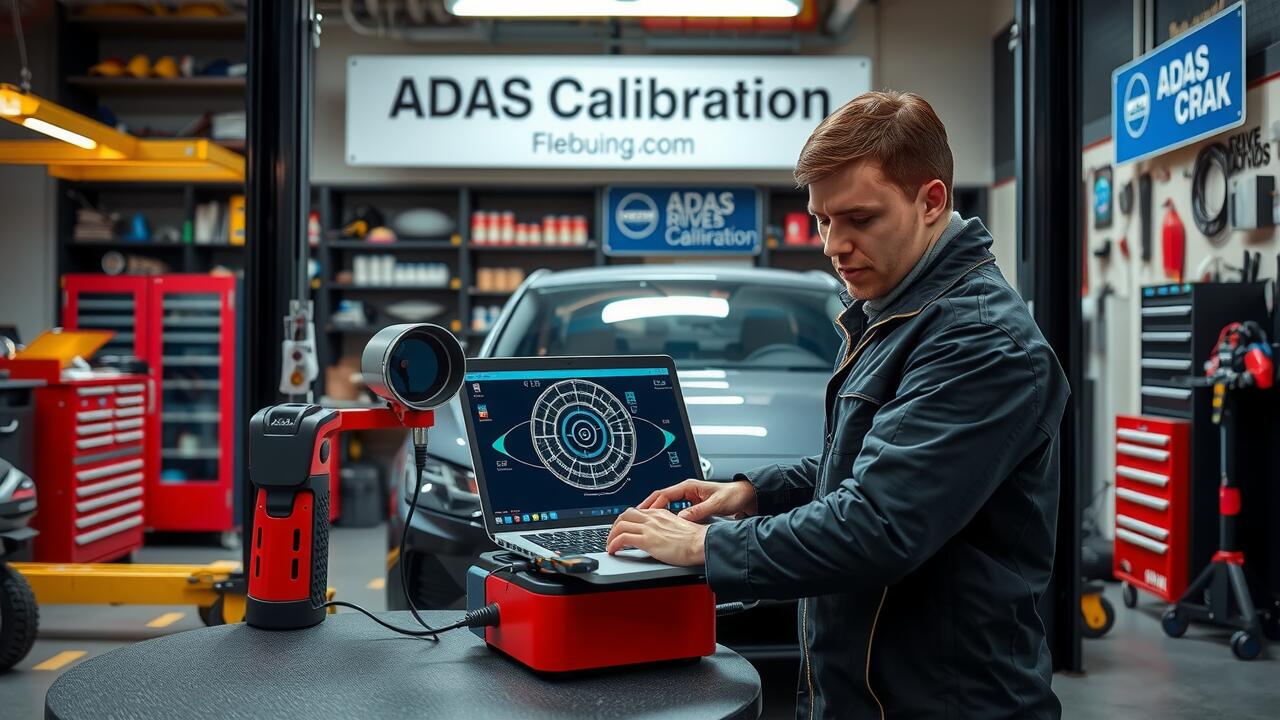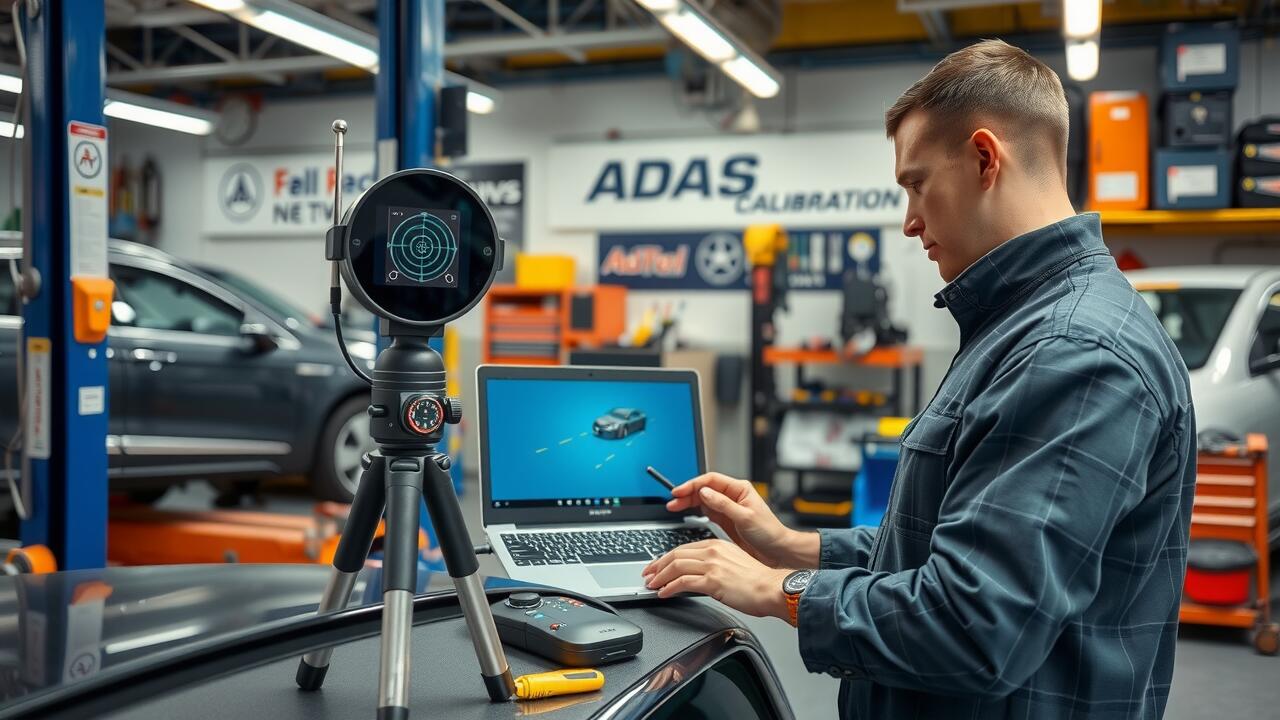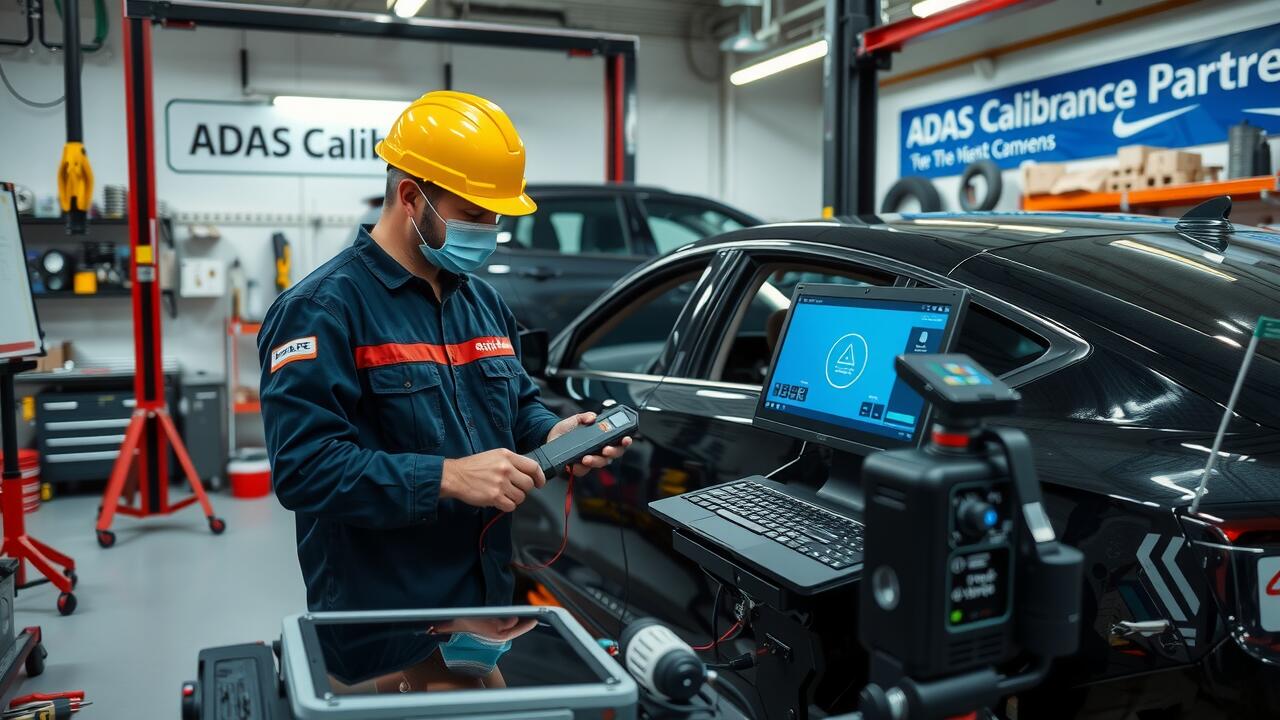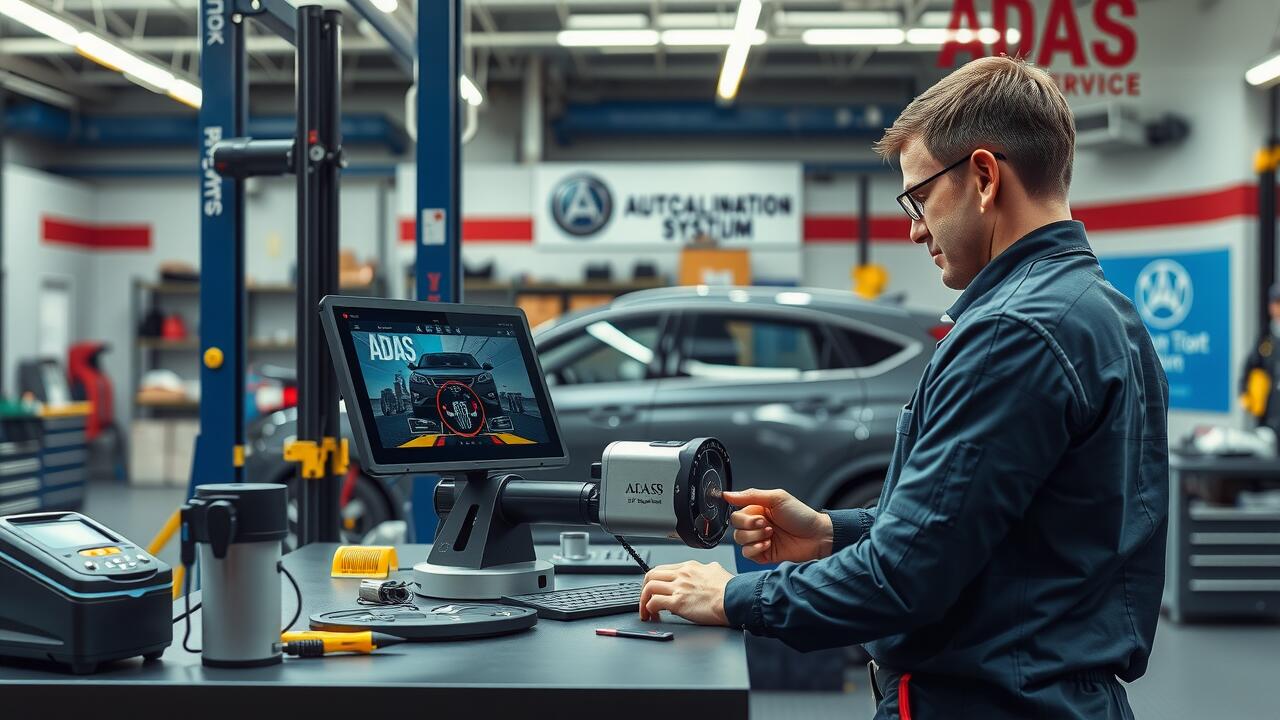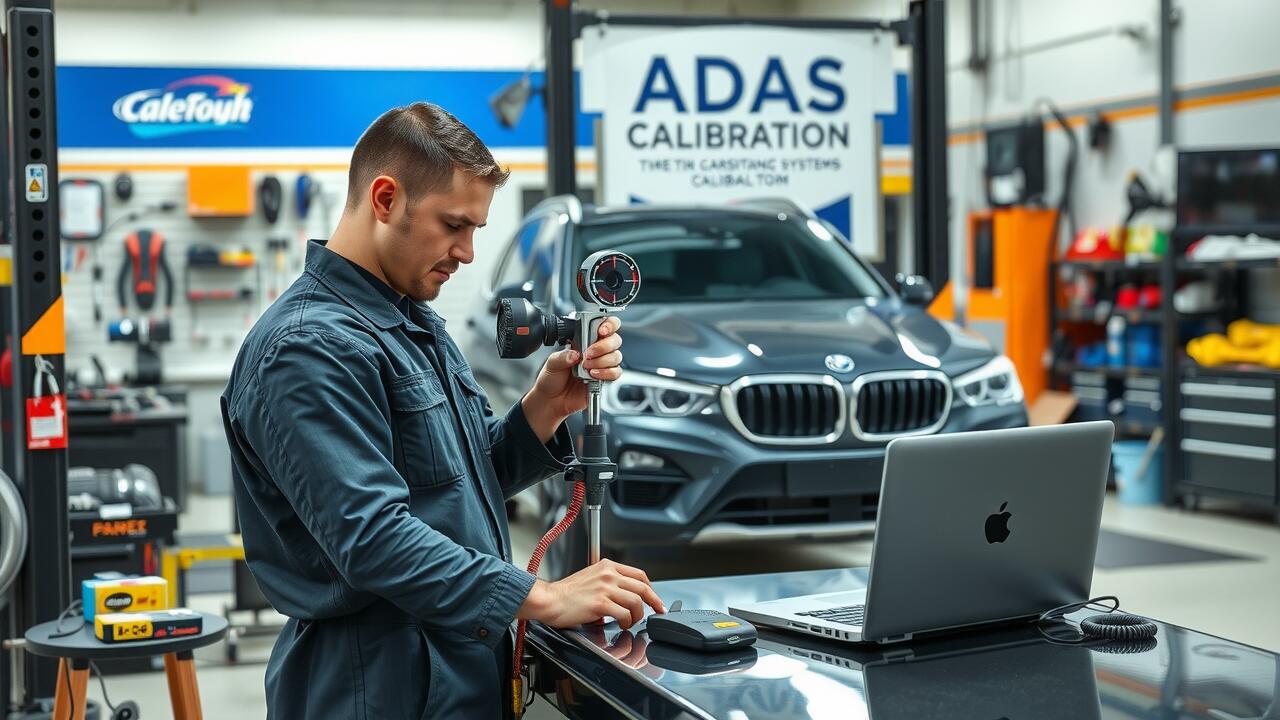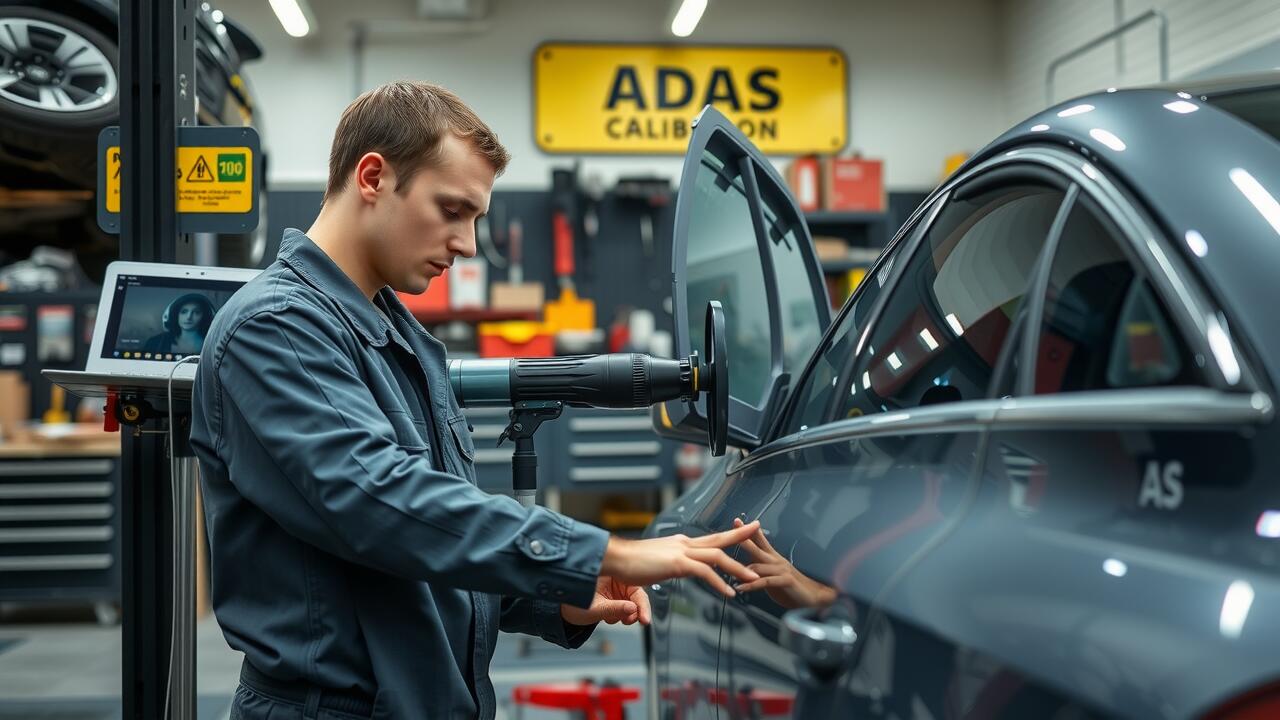
Table Of Contents
How Mobile Calibration Works
Mobile calibration involves bringing specialized equipment directly to the vehicle's location, ensuring convenience for the owner. Technicians equipped with advanced calibration tools assess and adjust the vehicle's safety systems on-site. These systems, which often include features like lane departure warnings and automatic emergency braking, rely on precise calibration to function correctly. Technicians must ensure that cameras and sensors are aligned accurately for optimal performance.
The calibration process typically begins with a thorough inspection of the vehicle’s safety features to identify any discrepancies. After this assessment, the technician uses diagnostic software to recalibrate the sensors according to manufacturer specifications. This process, known as vehicle safety system calibration, is crucial for maintaining the integrity of the vehicle’s safety technologies. Proper calibration helps ensure that all safety features operate as intended, ultimately contributing to a safer driving experience.
Step-by-Step Process of Mobile Services
The mobile calibration process begins with scheduling an appointment. A qualified technician arrives at the location with the necessary equipment to perform vehicle safety system calibration. Before any adjustments are made, they conduct an initial assessment of the vehicle. This ensures that the correct calibration procedures can be followed based on the specific model and manufacturer guidelines.
Once the assessment is complete, the technician sets up the calibration tools. These typically include diagnostic equipment and reference targets that are used to align the sensors accurately. After the calibration process is executed, the technician performs a test drive to verify that the vehicle safety system is functioning correctly. This comprehensive approach ensures that drivers can rely on their vehicle’s safety features, regardless of where the calibration is performed.
Comparing Mobile and In-Shop Calibration
Mobile and in-shop calibration both offer distinct advantages for vehicle safety system calibration. Mobile services provide convenience, allowing technicians to travel to a customer’s location, which saves time and eliminates the need for driving a potentially unsafe vehicle. Customers appreciate the flexibility of scheduling and the comfort of having the service done at home or work. This method is particularly beneficial for those with tight schedules or limited access to transportation.
In contrast, in-shop calibration often uses specialized equipment that may not be available in mobile units. This environment can ensure a controlled setting with optimal conditions for complex calibrations. Some technicians prefer working in-shop due to fewer interruptions and better access to tools. Customers may also feel more confident in the thoroughness of calibration completed in a dedicated facility, especially for advanced vehicle safety system calibration requiring precision and advanced technology.
Pros and Cons of Each Method
Mobile calibration services offer significant convenience for vehicle owners. Technicians travel to the location of the vehicle, eliminating the need for drivers to manage the time and effort of visiting a repair shop. This can be particularly beneficial for individuals with busy schedules. Additionally, mobile services often allow for calibration in a familiar environment, minimising the stress associated with traditional repair settings. It’s important to remember that these services can also maintain high standards of quality when performed by trained professionals.
On the other hand, in-shop calibration has its advantages. Repair facilities tend to have more specialised equipment, which may not always be available in a mobile setup. This can enhance the precision of the calibration process, crucial for ensuring the proper functioning of a vehicle's safety system calibration. Furthermore, in-shop environments generally allow for a more comprehensive inspection, potentially identifying other issues that could affect overall vehicle performance. However, the trade-off often comes down to the added time required for transportation to and from the shop.
Choosing a Mobile Calibration Service
Selecting the right mobile calibration service is crucial for ensuring the accuracy and effectiveness of your vehicle's safety systems. It's essential to verify that the provider has proper certifications and specialised training in vehicle safety system calibration. This expertise not only guarantees that the calibration will be performed correctly but also ensures compliance with manufacturer specifications. Checking online reviews and testimonials can provide insights into the reliability and reputation of the service.
Another key consideration is the equipment used during the calibration process. Modern vehicles are equipped with advanced technology, meaning that the calibration tools need to be up to date. A reputable mobile service should utilise the latest diagnostic tools and calibration equipment to guarantee optimal performance of your vehicle's safety systems. Additionally, inquire about the service's warranty policy, as this can offer peace of mind regarding the quality of the work performed.
Factors to Consider when Selecting a Provider
When selecting a mobile calibration service, it’s essential to verify the provider's credentials and experience. Look for technicians who are certified and have a solid understanding of the latest vehicle safety system calibration technologies. Their familiarity with various makes and models can significantly impact the quality of the calibration process. Additionally, consider their reputation within the local community and seek reviews or recommendations from previous customers. A well-regarded service often indicates a high level of expertise and customer satisfaction.
Another important factor is the equipment used for calibration. Advanced tools and diagnostic equipment are crucial for accurate results, particularly with modern vehicles that rely heavily on technology. Confirm that the provider uses up-to-date calibration equipment that meets manufacturer specifications. Moreover, inquire about the warranty or guarantee offered on their services. A reliable provider should stand behind their work, ensuring your vehicle's safety system calibration is performed with precision and care, thereby enhancing your confidence in their capabilities.
FAQS
Can windshield calibration be done mobile?
Yes, windshield calibration can be performed mobile, allowing technicians to come to your location to complete the necessary adjustments.
What is the process of mobile windshield calibration?
The process typically involves a technician arriving at your location with the required tools and equipment, assessing your vehicle’s sensors and systems, and performing the calibration according to the manufacturer’s specifications.
Is mobile calibration as effective as in-shop calibration?
Yes, mobile calibration can be just as effective as in-shop calibration, provided the service provider uses the same equipment and follows the correct procedures.
How do I choose a reliable mobile calibration service?
When selecting a mobile calibration service, consider factors such as the provider’s experience, customer reviews, the technology they use, and whether they offer warranties on their work.
What are the advantages of mobile windshield calibration?
Advantages of mobile calibration include convenience, time savings, and the ability to have the service performed at your home or workplace, reducing the need to travel to a shop.
